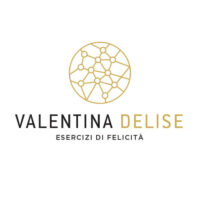“These books gave Matilda a hopeful and comforting message: You are not alone.”
I think all of us readers went through a cathartic moment when we first read/saw “Matilda“: a little girl who, like many of us, discovered the immense power contained in the pages and words of books. A power that, albeit in many different ways, has accompanied us and still accompanies us in life, and that has led over time to the creation of a strong community, which has been able to turn a passion into a real personality trait. Carlotta Sanzogni belongs to this community and has become its spokesperson: having the incredible fortune to work with books, Carlotta has taken her experience and her desire to make this world even more inclusive to make a difference. Today, he is the founder of the #BookClubZeroSbatti and has been able to use social media, and the various languages belonging to them, to talk about reading in an engaging, immediate and simple way. Here, there is no room for the elitism of discourses such as “this is a genre B”, “I read only the classics”, there are no dated approaches or superficiality, but only the desire to read and talk about books (two clearly distinct passions). Talking to Carlotta is easy, spontaneous and natural, just as if she was a friend you meet at the bar (one in Milan in particular) to update her on your latest readings and to hear about hers. We talked about books, of course, but also about safe spaces and loneliness, languages, fears and second-thinking. In search of lost time as Proust wants, but also of our place in the world (without ever abandoning one’s passions and identity), as Jane Eyre wants.
Your IG profile says “Born to read”. Do you remember your first approach to literature?
Yes, I do, it was my father who would help me read books for children about animals written in capital letters. So, when I was in kindergarten, more or less, with him I learned to read in capital letters and become independent with that. Later on, on my own, I found “Matilda” by Roald Dahl, which was written in block letters, and had to rack my brains to learn how to decipher it, kind of like crossword puzzles [laughs]. From that moment on, I started reading all kinds of books. There was this beautiful book series called “Gli istrici” by Salani which I binge-read, and then another milestone of my reader education was Jaqueline Wilson because she was an author who openly wrote about the most “delicate” issues like first love, relationships with parents with different outcomes, and I had so much fun reading her books.
Over the years up until today, what have you understood about yourself and the world thanks to books?
I certainly learned that there are so many other people like me, so I felt less alone and also more confident seeing represented on the page some aspects of me that maybe did not emerge, that I couldn’t really define myself, especially a certain kind of emotionality and thoughts that would confuse me, especially during adolescence; I’ve found all this in the words of someone else and felt understood. So, books have made me feel really self-confident and willing to meet people. In books, I’ve always found a company, which has always been an incentive to look for conversations with other people that weren’t of a written kind, both new people with whom start conversations about what we were reading.
There’s only one thing that perhaps is nicer than reading books, and that’s talking about books. I’m positive about this.
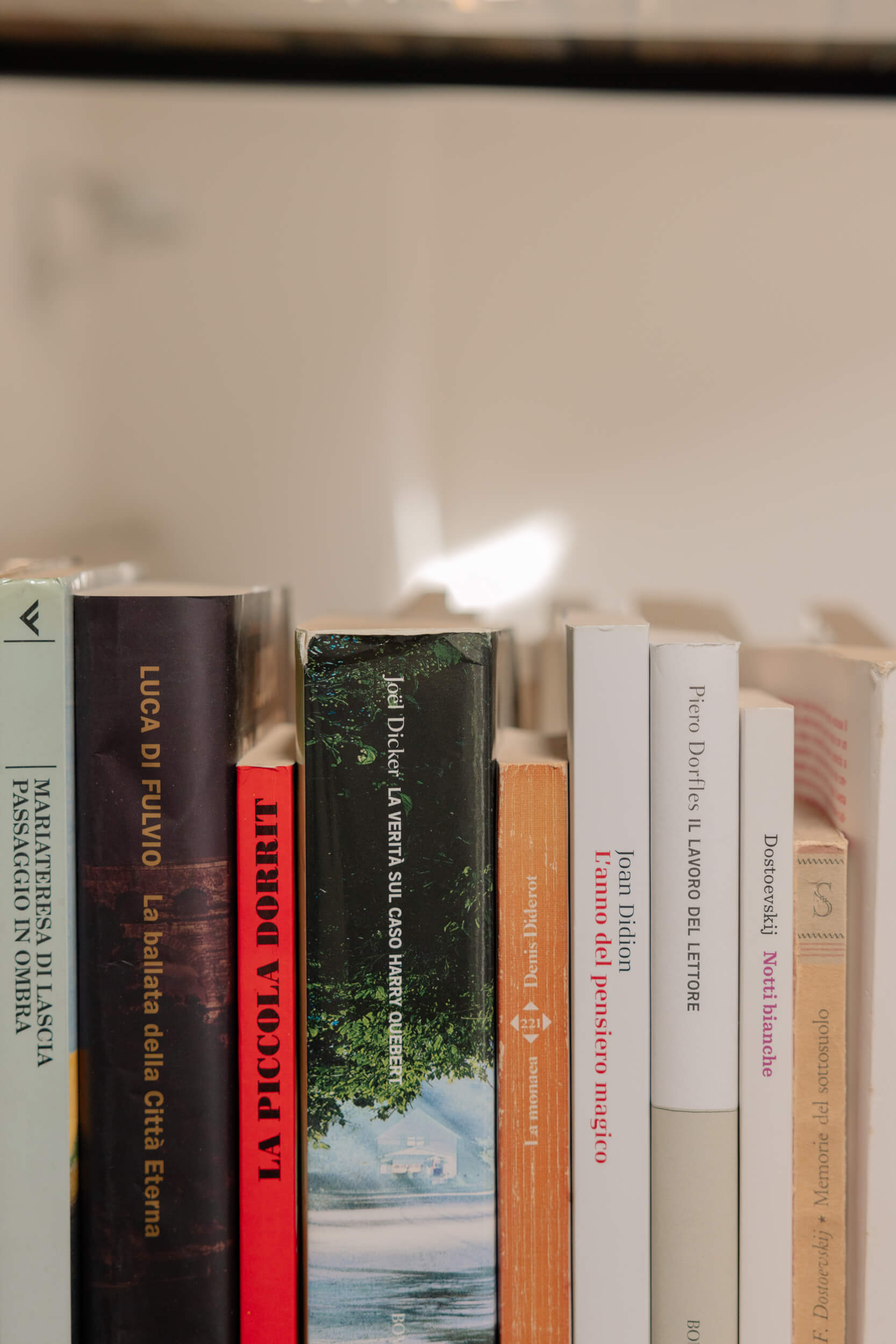
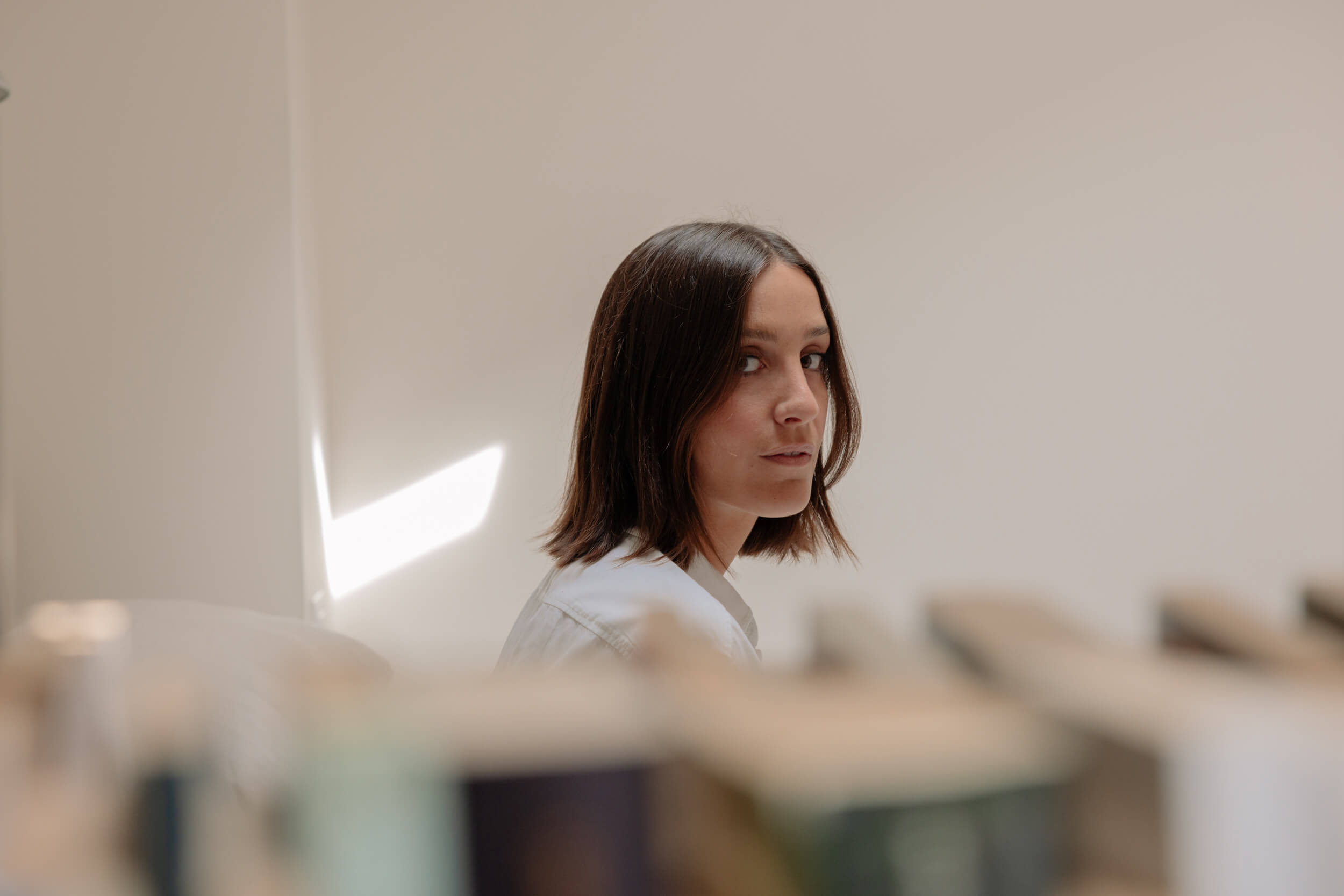
“Books have made me feel really self-confident and willing to meet people.”
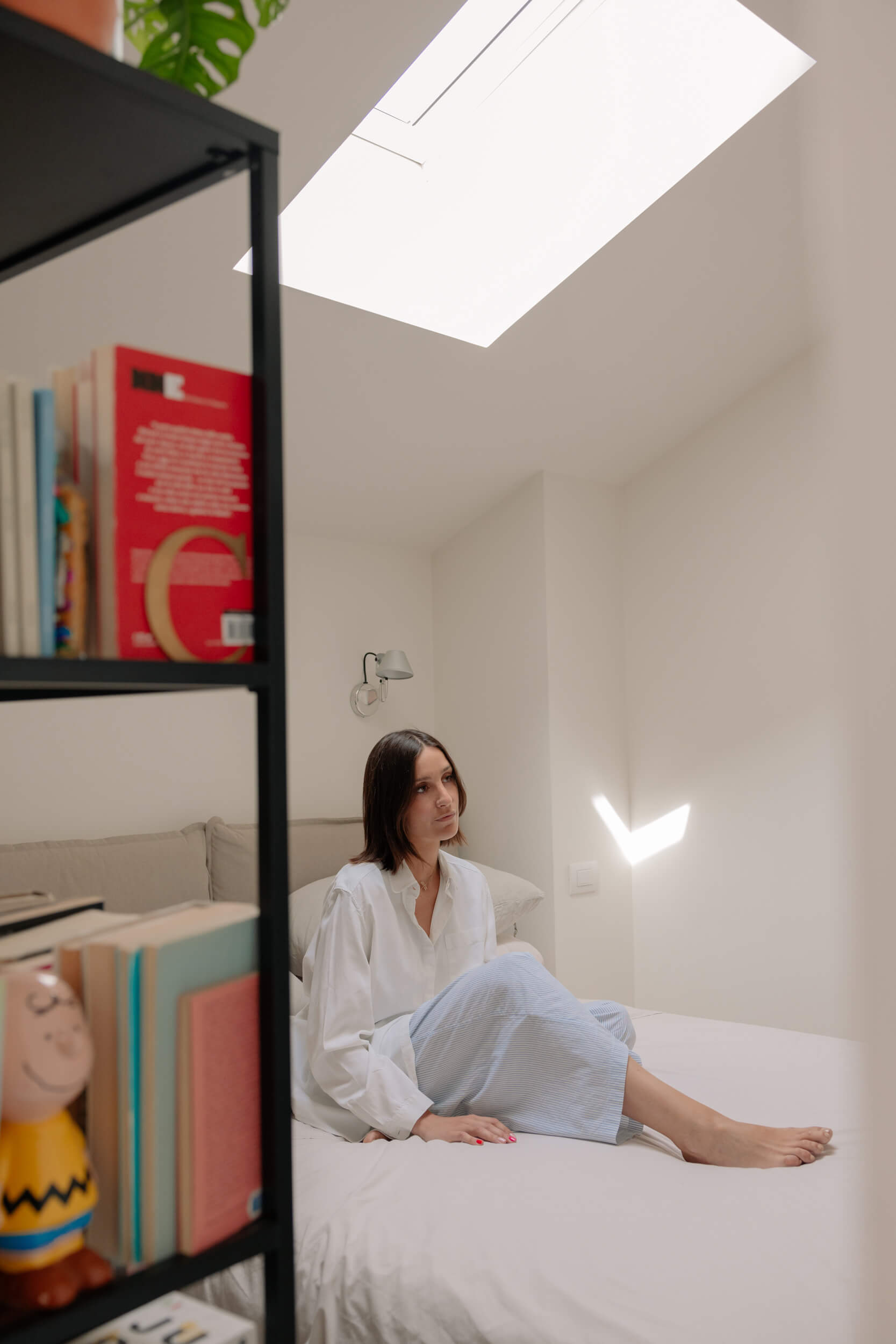
Through phenomena like bookstagram, booktok, booktube, etc., reading is also dominating social media. How do you approach this kind of tool in your work, both with Libraccio and as a content creator?
The first thing I do is certainly investigate every single social media channel. We’re talking about different languages, all daring in a way, but especially dynamic languages that keep on renovating, so you need to put your hands on it all. At the same time, there’s something about the publishing process that’s always annoyed me and made it difficult for me to explain what I wanted to do and what I was passionate about, that is books and dealing with books, especially to the people who weren’t into this world yet and associated reading with some boring, scholar activity, a sort of obligation. I’m talking about the fact that publishing houses sometimes “speak over themselves”, keeps a distance, or share this idea that there’s a wall between those who read lots of books and those who don’t or those who read other stuff that’s only considered “entertainment”. Additionally, I also don’t believe that especially for what concerns women, “content” is opposite to “vanity”, which would mean that someone who likes to publicly show parts of themselves, of their body, maybe with high self-esteem, can’t also be passionate about “content” or “high-quality” stuff, and that “high” and “frivolous” passions can’t coexist in one single person. So, I’m interested in using the various languages to share the message that this kind of complexity can actually exist in readers and that we can basically all be readers.
Among the activities dedicated to readers that you organized with Libraccio, like “Ritratti tra le righe” and “Te lo leggo negli occhi”, offline, online, and reading intertwine in a creative and involving key. How does the creation of a community of readers, a sort of multi-layer book club, give added value to the reading experience?
Reading is an activity that’s symbolically considered lonely, but it’s wrong because when you’re reading, you’re actually interacting with someone else. We’ve just said it, all in all, the best thing is to be able to share your readings with other people. For example, during “Te lo leggo negli occhi” what came out was that although we asked people to share their favorite book thinking that someone else would have found another person with their same favorite book, in the end, the most interesting conversations happened between those who asked to talk about the books they’d never heard of before.
When you talk about a book to somebody who doesn’t know it, you open up a new world for them, you put yourself in the game, and you practice your language, which sometimes tends to flatten a little bit, and you make an effort to reach out to your interlocutor and see how they react and understand how empathy works on various levels, both on the more superficial one of the first acquaintance and going further on. Strength is also important when you feel that you’re not alone as a reader, so you have the possibility to interact with other readers and give more importance to this activity; as a consequence, you move into the world trying to convince even more people to read; in this way, a message I really care about becomes even more strong: reading is so beautiful and it can be detached from the boring idea of “a duty” which I come across when I talk to people oftentimes. When I say that I work with books, people look at me with almost pitiful eyes, whereas it’s what makes me the happiest and I hope I can share an idea of myself as a “cool” person with a nice life, not as a bookworm or a posh woman who despises those who don’t share my same passions.
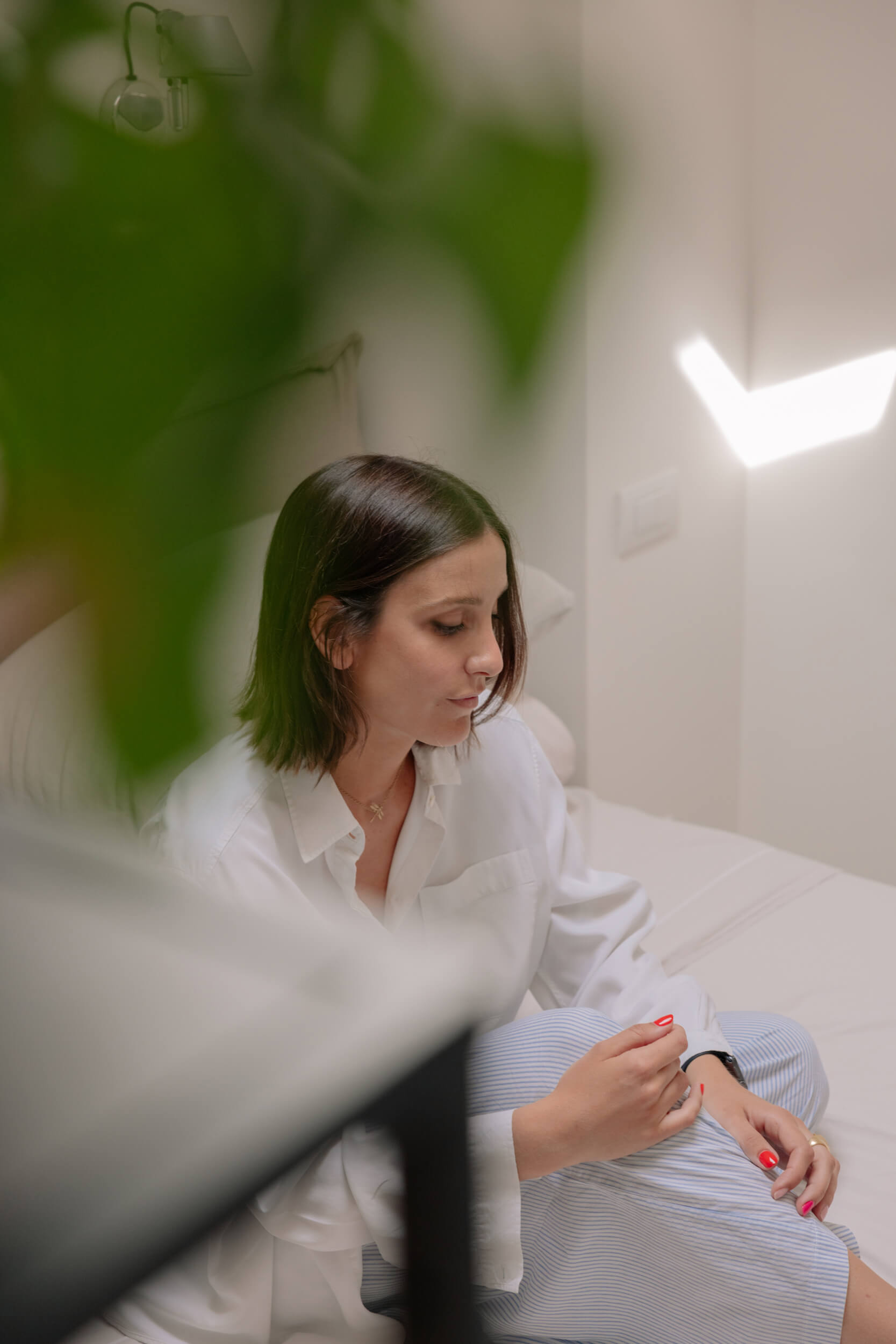
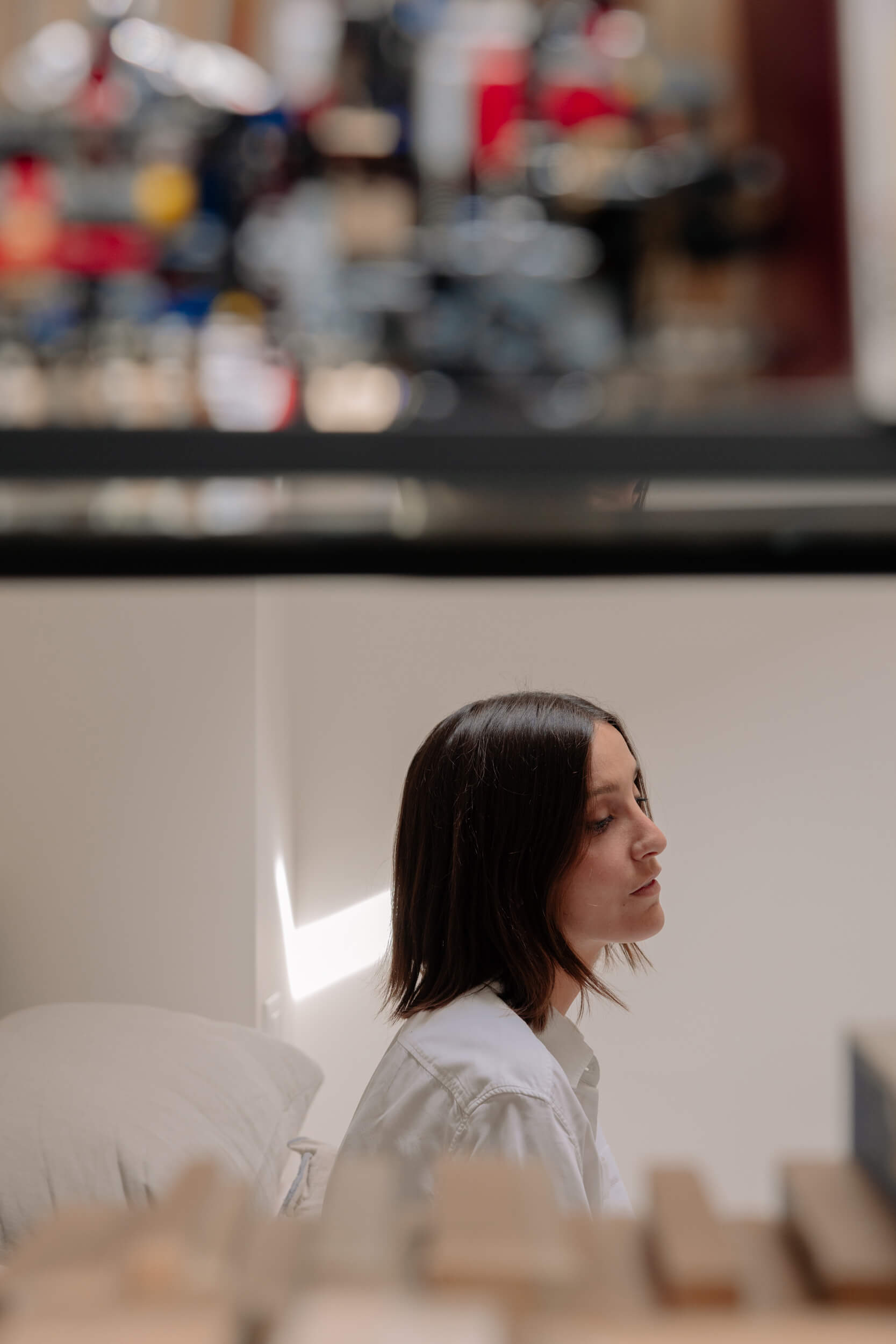
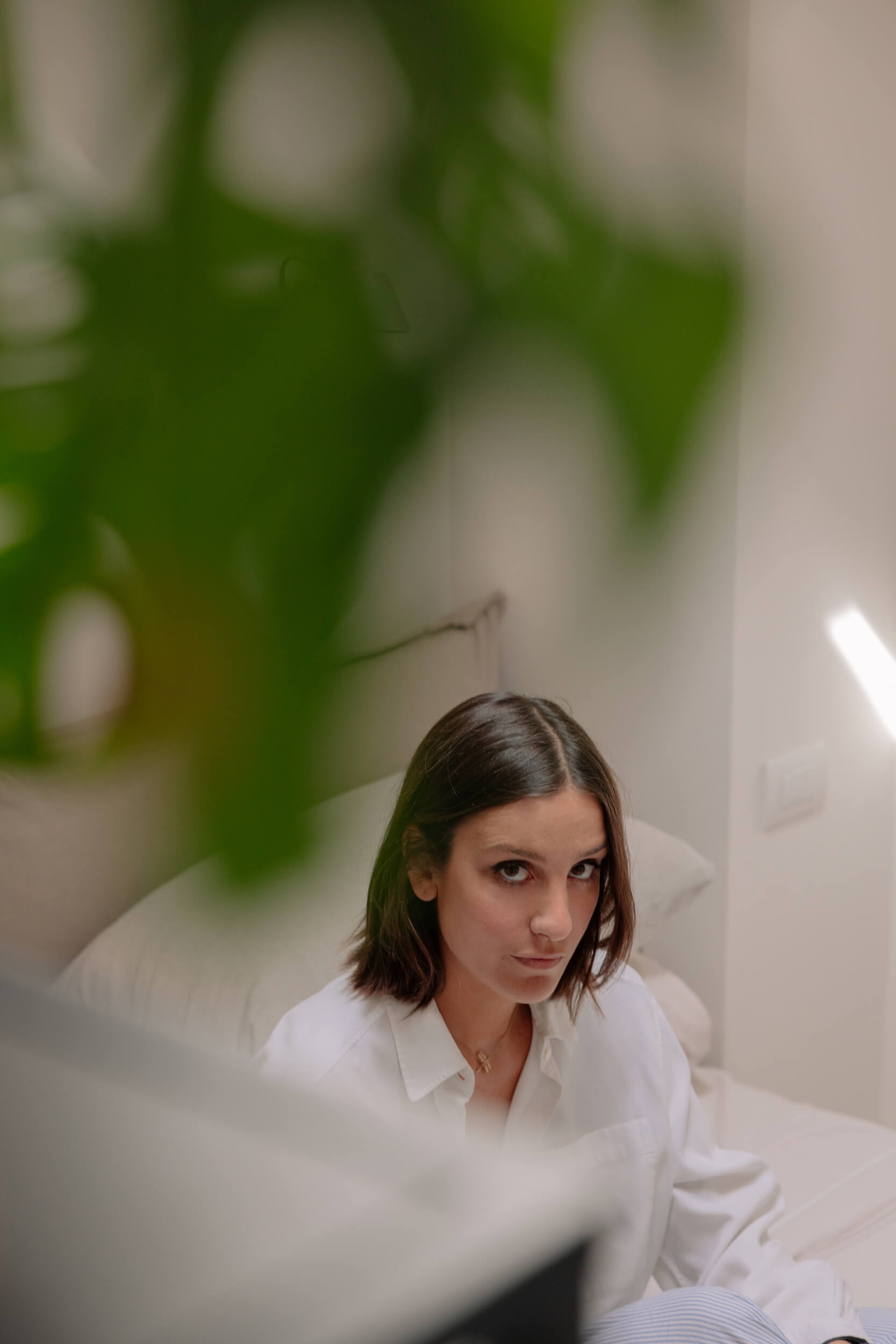
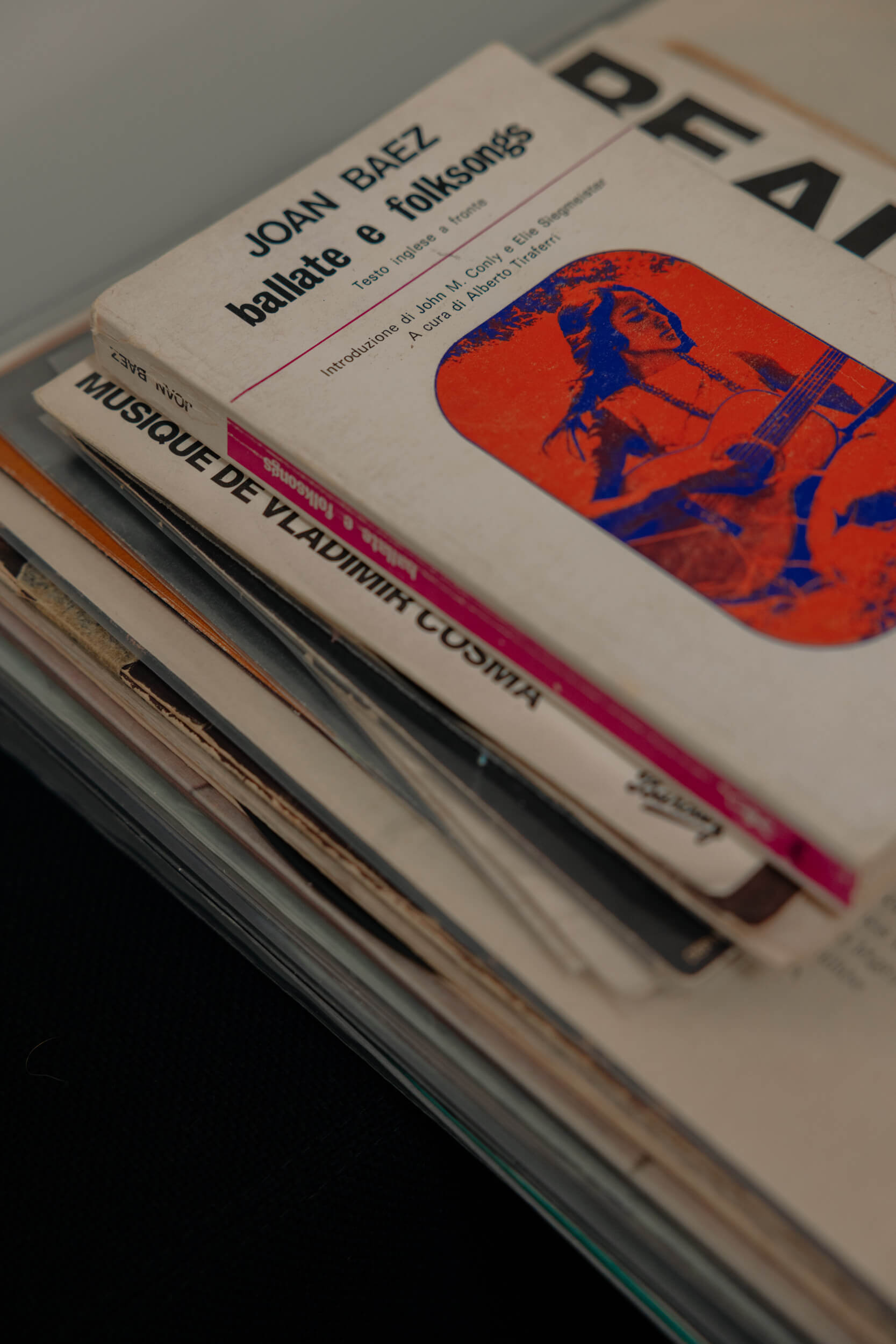
“I’m interested in using the various languages to share the message that this kind of complexity can actually exist in readers and that we can basically all be readers.”
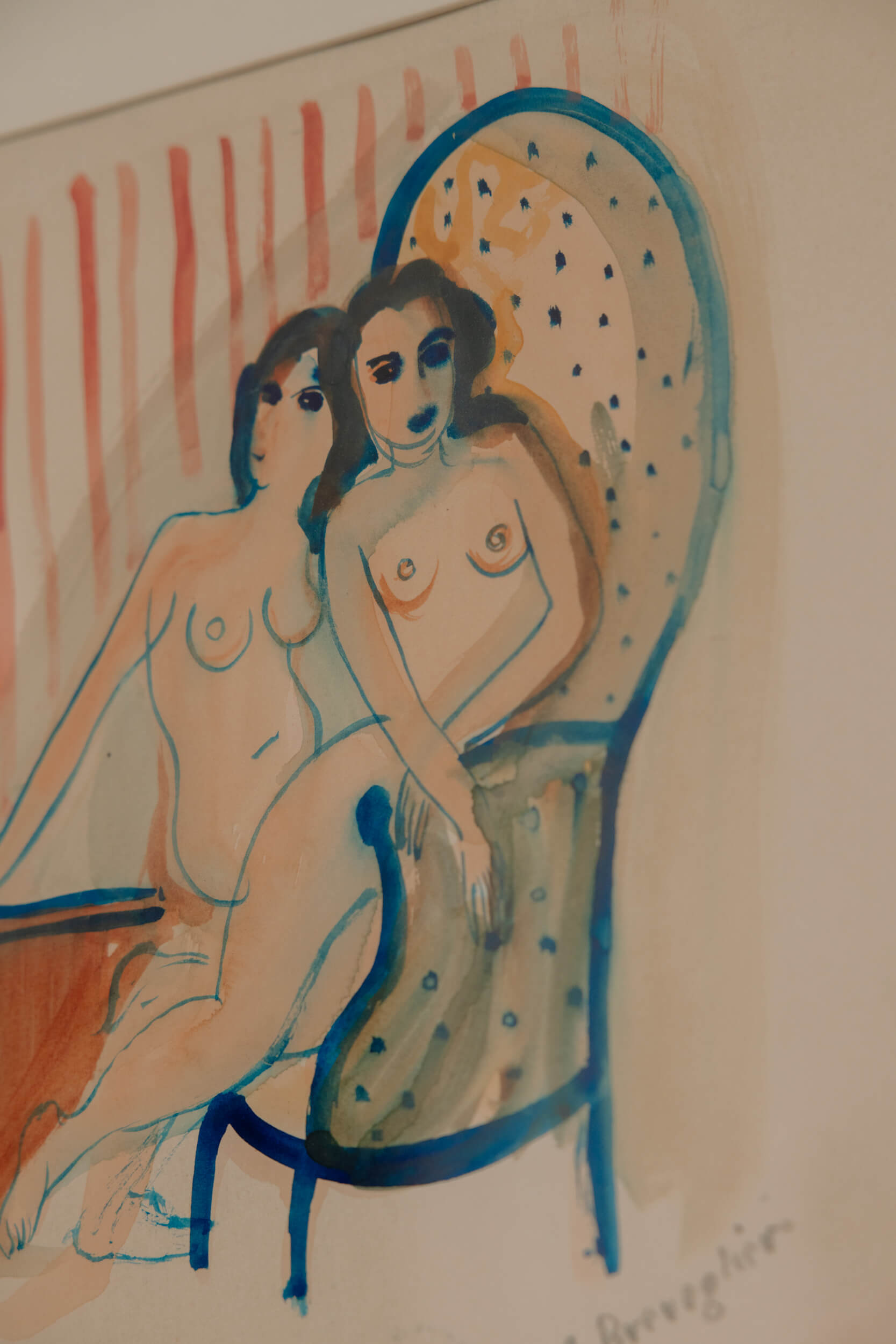
“When you talk about a book to somebody who doesn’t know it, you open up a new world”
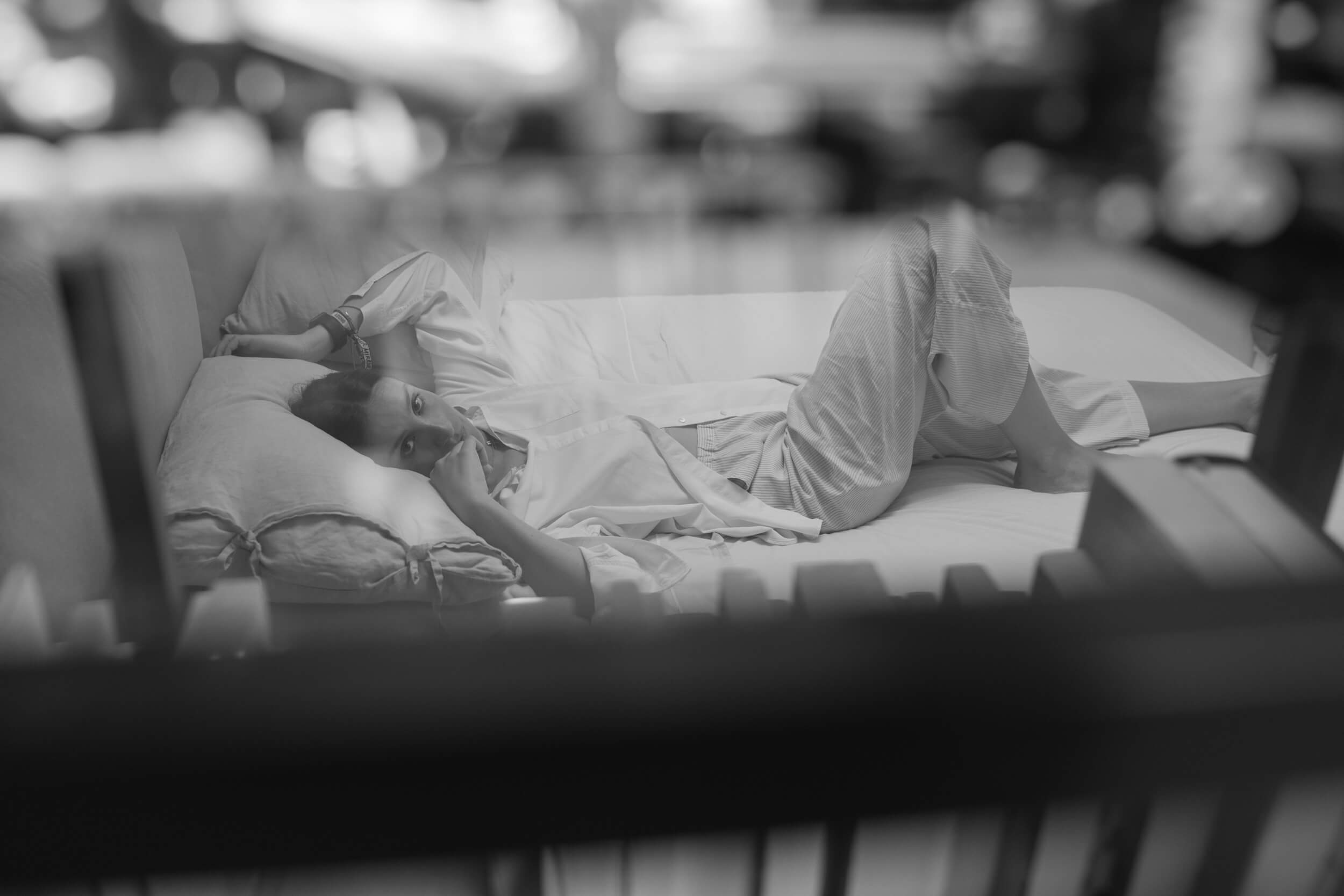
Speaking of the new generations’ approach to reading, in particular, was there a personal victory, a rewarding moment/opportunity that made you realize you were on the right track?
I don’t think there’s a real point in relying on other people’s opinions of you at all costs, but there have been tokens of esteem and friendships I’ve found in this world with people and brains that I so admire, and that even just welcoming me into a conversation, they made me feel proud of myself, happy with what I was and what I was bringing out to the world, and also encouraged me to improve and deepen a lot of topics. Then, with #BookClubZeroSbatti, I certainly am proud of having convinced someone to read books. I myself, for a long time, have read books without authorizing myself to talk about it or to do it publicly on social networks, but also in book clubs, I was afraid to raise my hand because I didn’t think I had the tools and knowledge necessary to do an informed speech in front of others. Instead, in the book club that I take care of, ZeroSbatti, and a bit also with my dissemination work, sometimes I get messages like, “Thanks to you, now I’m less afraid and I understand that what I get from a book at the end has a value and may even be different from what others get, but it is just as valid”. Just read, figure out what you’re feeling, ask yourself questions, and try to express it.
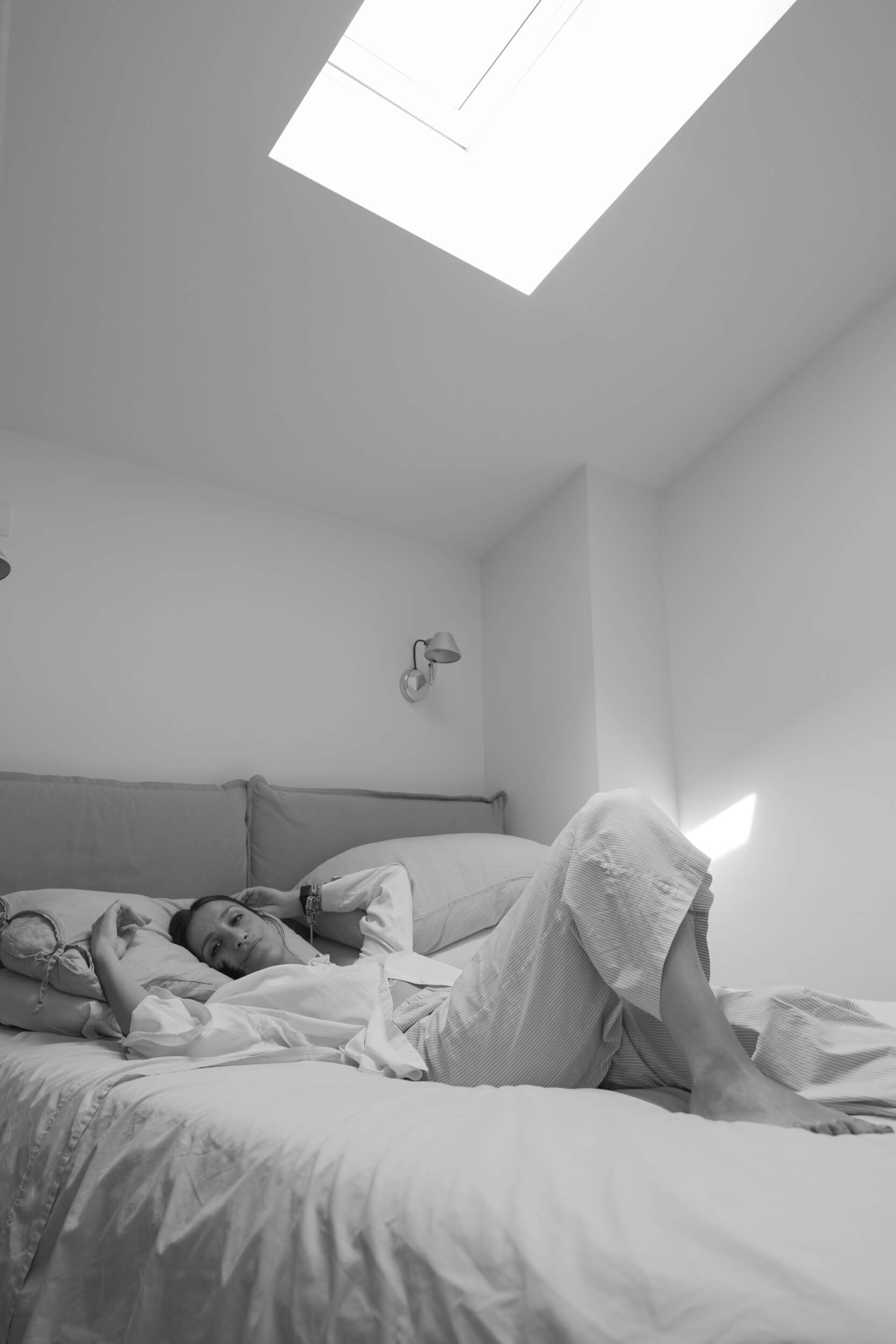

Just read, figure out what you’re feeling, ask yourself questions, and try to express it.
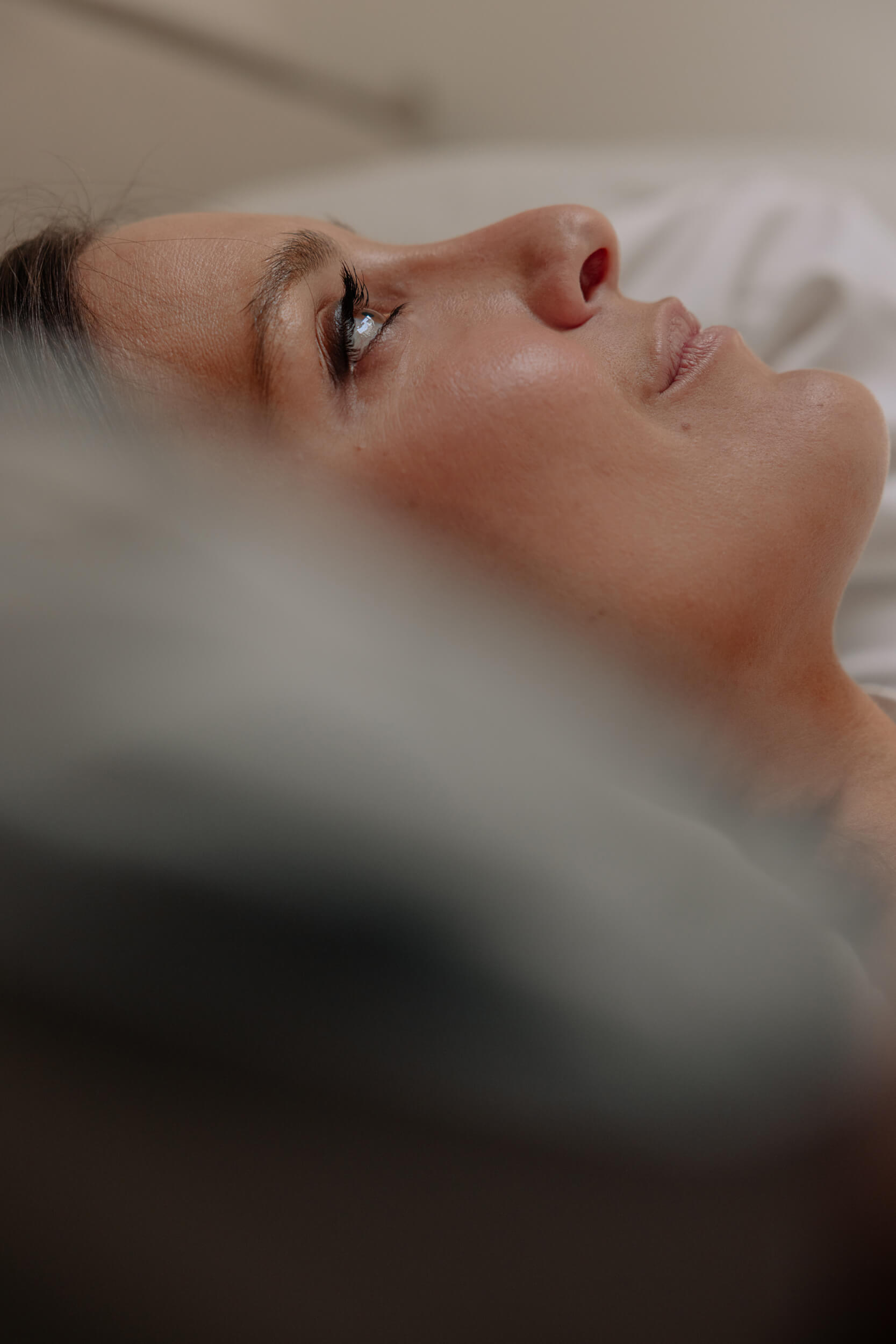
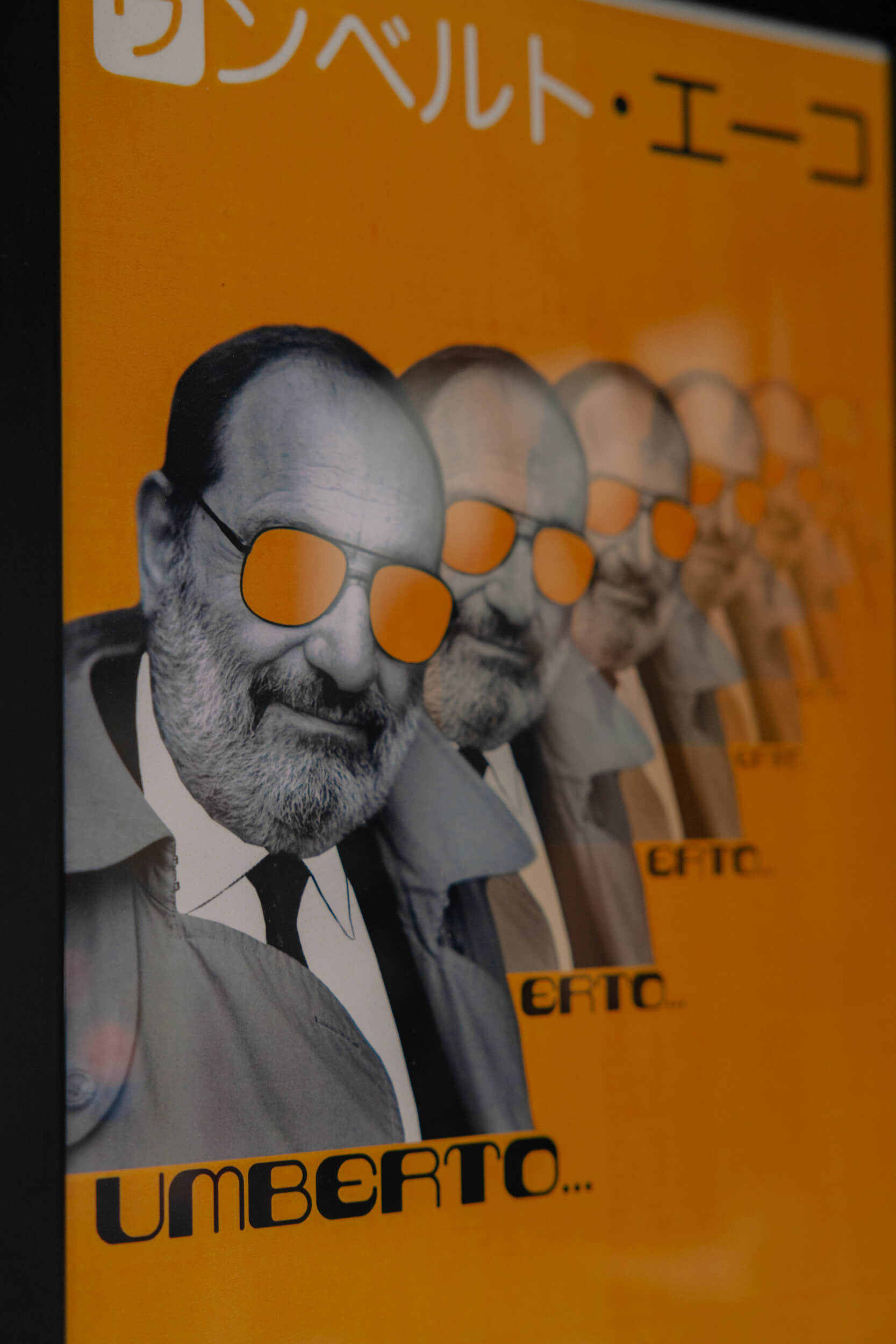
In your #BookClubZeroSbatti, short books are usually chosen, but this doesn’t mean that they necessarily are less “important” or “noteworthy” than others. Do you feel the stigma of “only reading long books or classical authors” even more strongly when it comes to discussing reading? Are there other stigmas that you want or would like to fight against?
The stigma certainly exists when it comes to distinguishing types of literature. This is a typically Italian thing – the distinction made among types of readers, as well. There is a sort of performative anxiety about the number of books one reads, and it’s an aspect of a certain part of BookTok that makes me a little anxious. Today’s world is very complicated and also very stimulating, with TV series, theatrical performances, events, places to explore, activities to focus on, apps to try, and so on. Consequently, the time and energy one can dedicate to reading are less, but who cares?
What I’m trying to do with ZeroSbatti is remove the fear of reading a long book and also give you back the feeling that with little effort, you can have great satisfaction, the kind you get when you close a book and say, “Oh, I’ll think about it for a moment.” However, I have also tried to explore various worlds, so we have delved into theatrical texts with Bennett, gothic stories with Shirley Jackson, mysteries, and so on. I want to prove that there are many valid ways of doing literature.
Personally, as much as I love talking about books in every possible way, I find that reading is also and above all a moment just for myself, I dedicate myself to it every day, and I feel bad when I miss it. How do you experience this moment?
It depends, in many different ways. First of all, I distinguish between reading for work or study and reading by choice, which I approach with a different sense of freedom. The moment of reading always gives me infinite satisfaction. There are times when I set a timer and authorize myself to not look at phones, to not be distracted, and I take that hour for myself. This really reassures me because I know that it’s a dedicated time, just like going to the gym. Other times, I read in bits and pieces: while the coffee is brewing in the moka pot, or when I’m on public transport for a short time, during a trip. I also enjoy the process of selecting which books to bring with me while traveling, so I can alternate the atmosphere of the journey in a way that complements or contrasts with the book. That’s my little fetish [laughs]. There are times when I read slowly and times when I devour books. I don’t have a specific moment dedicated to reading, nor a single approach to it.
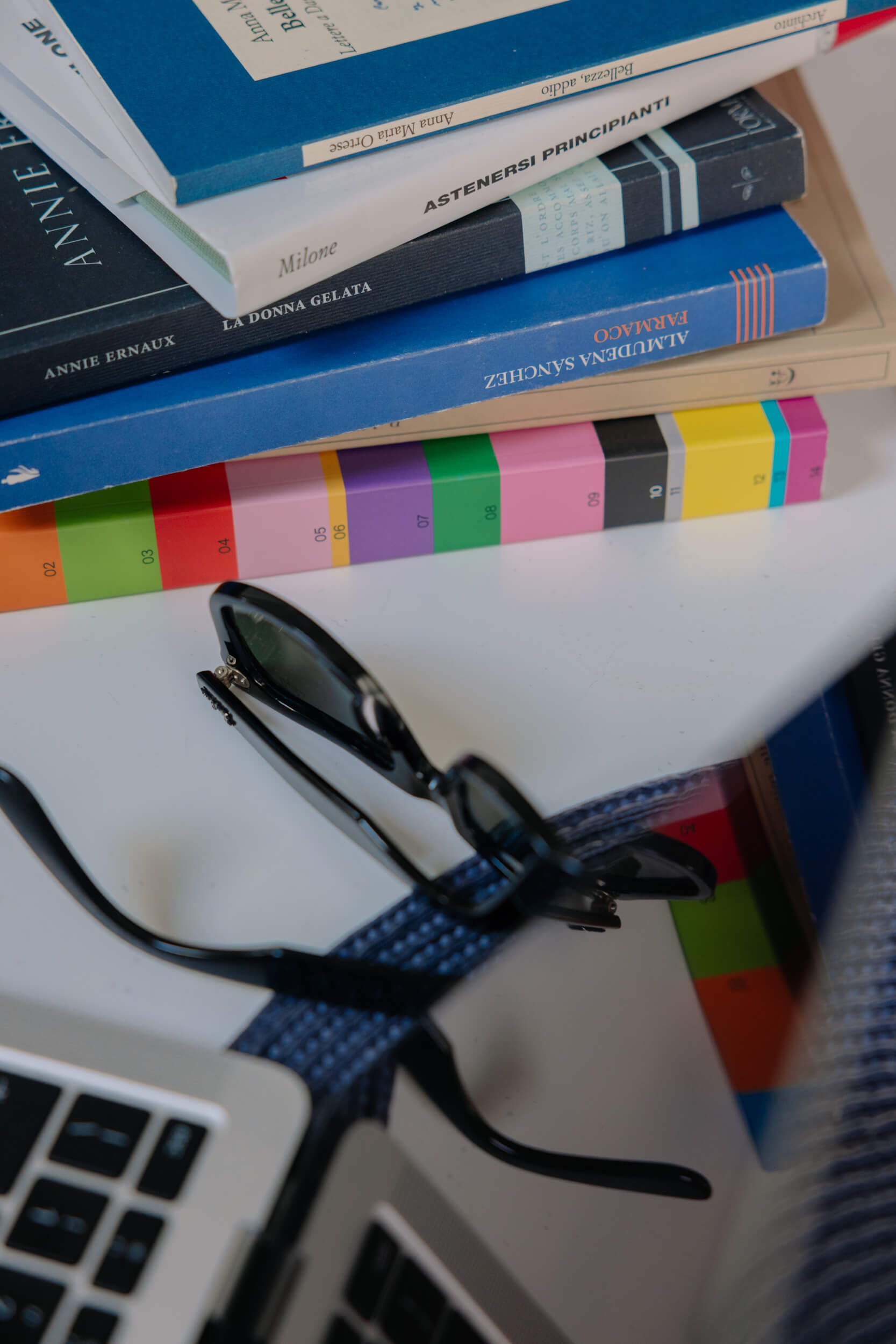
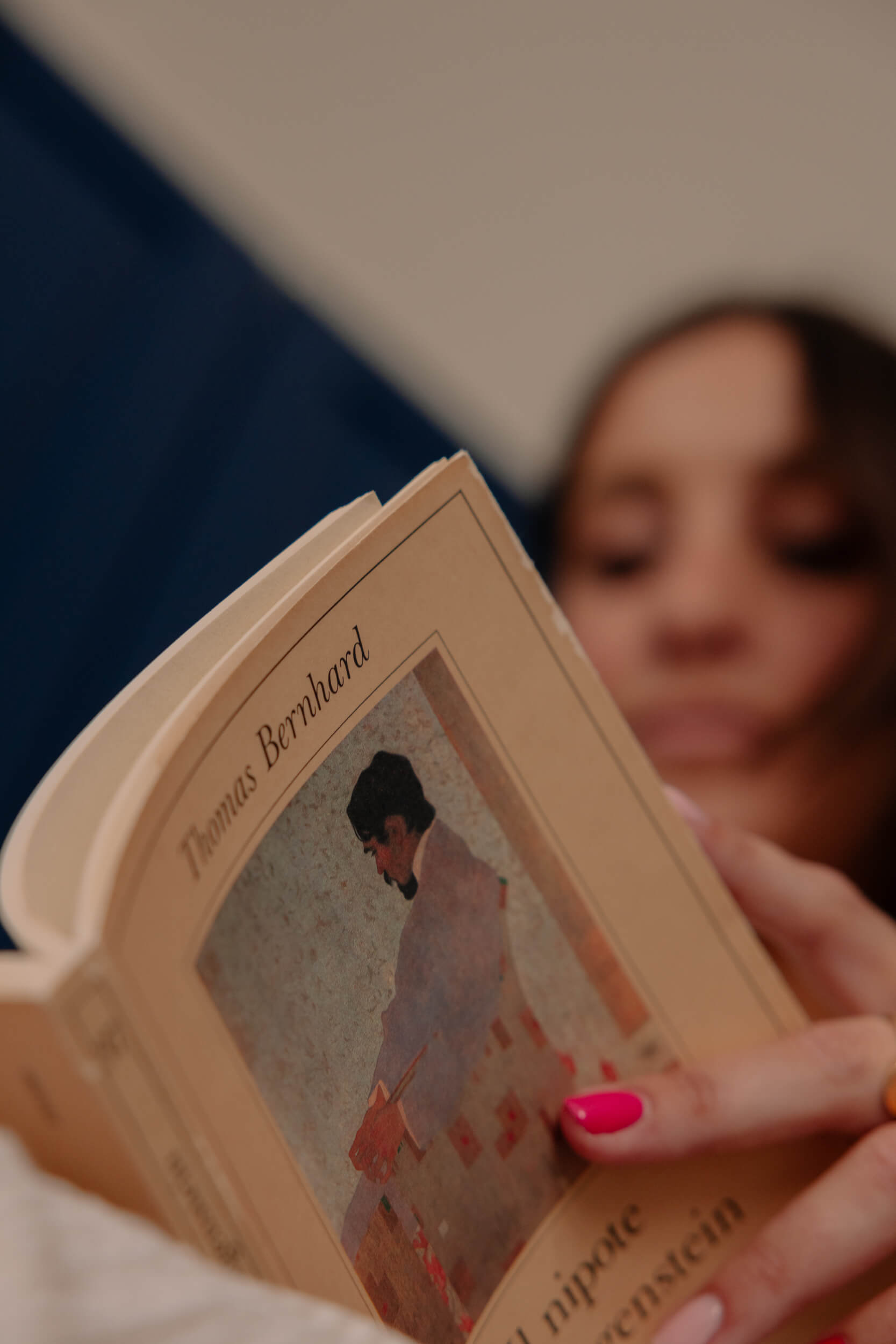
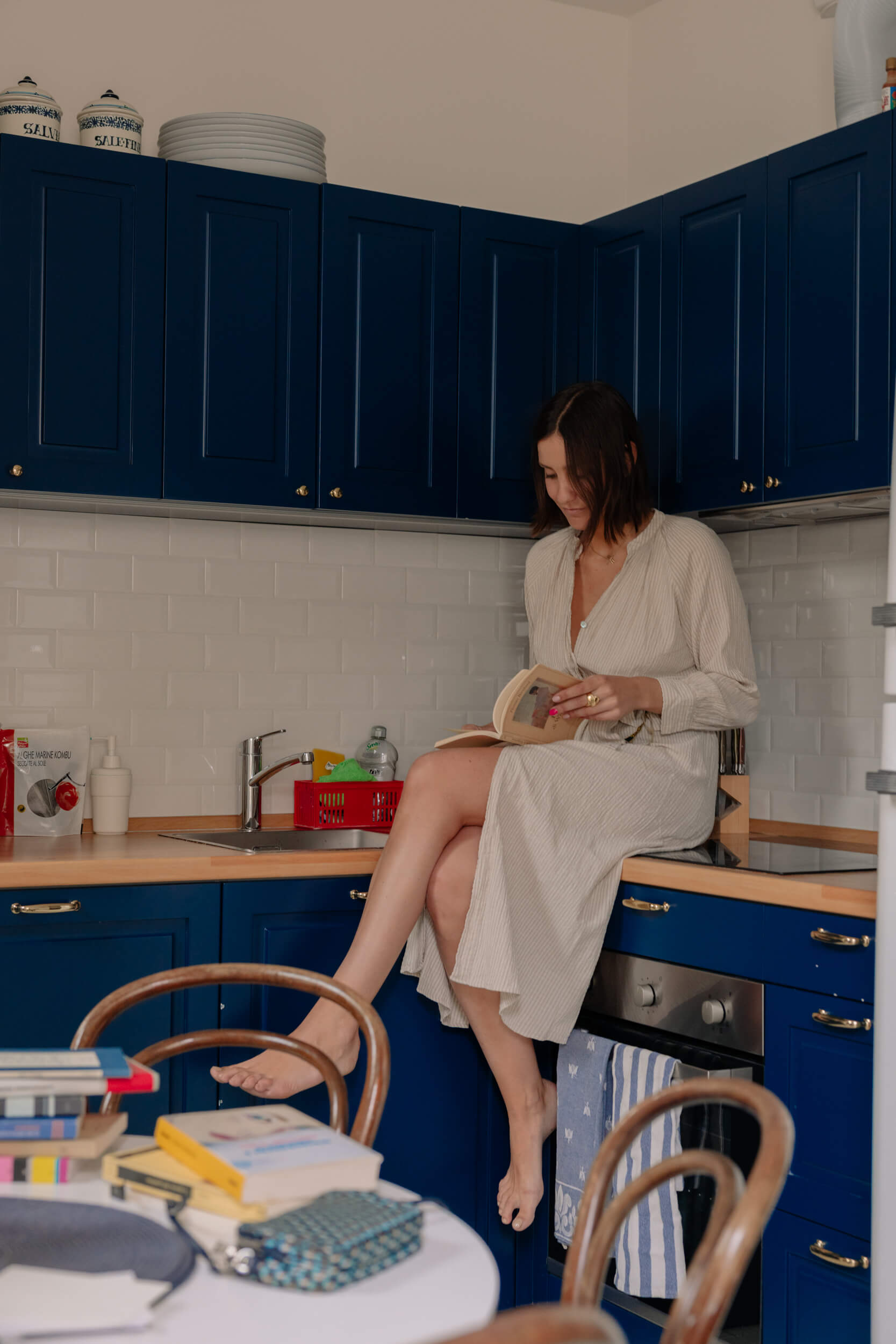
“What I’m trying to do with ZeroSbatti is remove the fear of reading a long book and also give you back the feeling that with little effort, you can have great satisfaction“
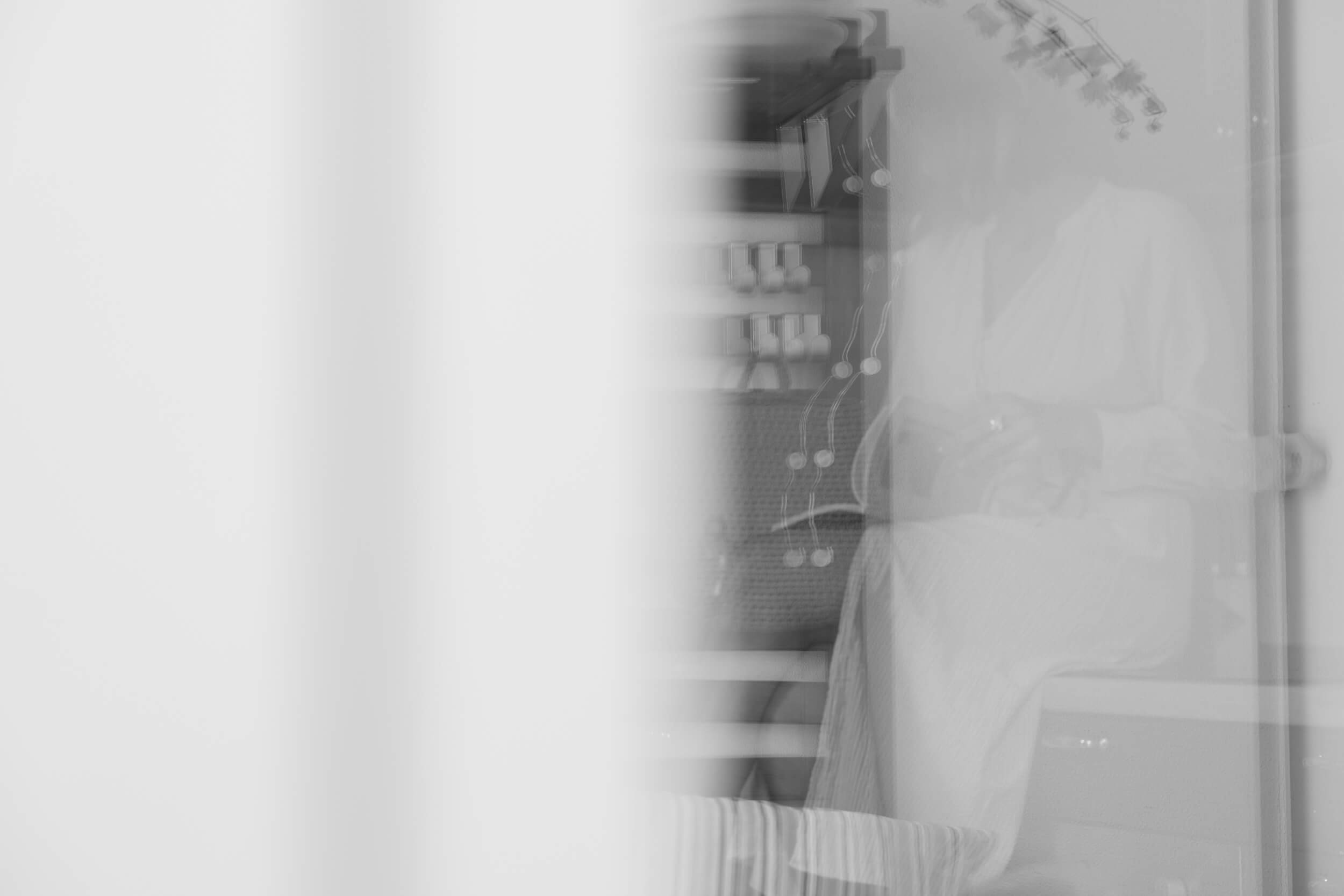

Books and mental health: how do these two themes connect for you?
Speaking of novels, when you read them, you realize that there are other voices that make you feel less alone and more represented. There have been some steps forwards, especially in our generation. In our parents’ time, for example, dealing with one’s mental health was truly stigmatized, and it was considered a secondary issue. People would say, “Come on, cheer up, everyone else can do it, and so can you.” There have been difficult moments when I was afraid to open books even with plots that weren’t particularly problematic from a theoretical standpoint, because I was afraid of finding something inside that would disturb me even more because books are extremely powerful to me. However, books can definitely be an antidote, and from my perspective, I believe that in books, you can often find a mirror of who you are at that moment. So, if they don’t directly help you, they show you aspects to work on or at least to reflect upon. It’s important to emphasize that books are not substitutes for therapy because mental health is just as important as physical health. But there can be moments of solitude where our interlocutor is someone who has written a book, and they accompany us to make us feel a little better.
Which book has recently left such an impact on you?
I went through a bit of a strange period at the beginning of the year when, objectively, everything was going well, but I felt down. During that time, I found solace in “Fine di un matrimonio” by Mavie Da Ponte, which did an incredible job of conveying the complexity of feelings and sensations we have, both emotional and physical, and how contradictory sensations can coexist within us. In the book I mentioned, the author describes a wife left by her husband who finds herself in a moment of despair and longing but also recognizes that she has been cruel to him. This surprised me because she’s an author I wasn’t familiar with, and it made me feel understood and less alone. Her book is the last one that had such a strong impact on me; it was just recently released, and she is very talented. Also, “Fármaco” by Almudena Sánchez tackles the theme of mental health. The author talks about her depression in a very realistic and, at the same time, gentle way, with great awareness.
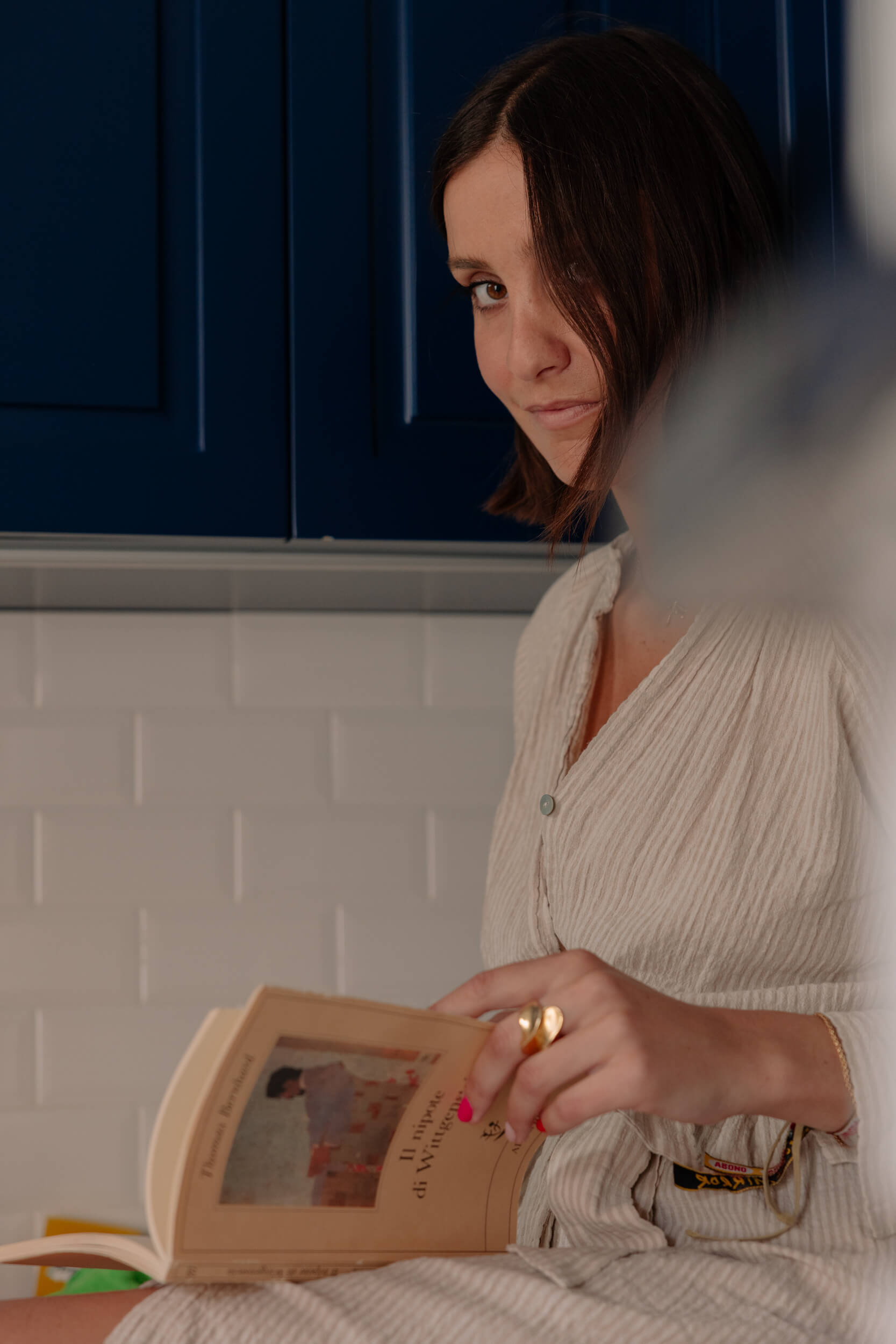
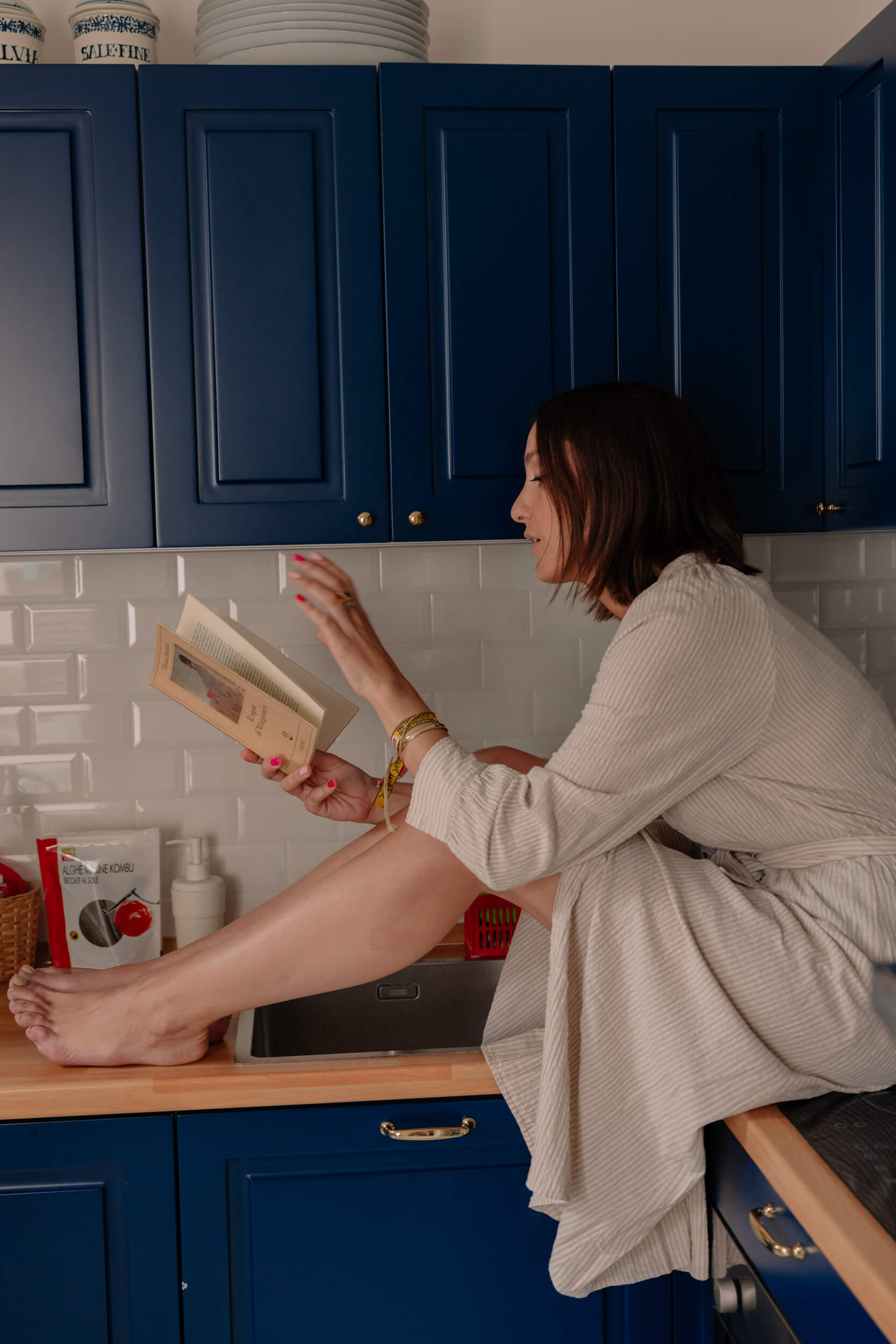
“From my perspective, I believe that in books, you can often find a mirror of who you are at that moment. So, if they don’t directly help you, they show you aspects to work on or at least to reflect upon.”
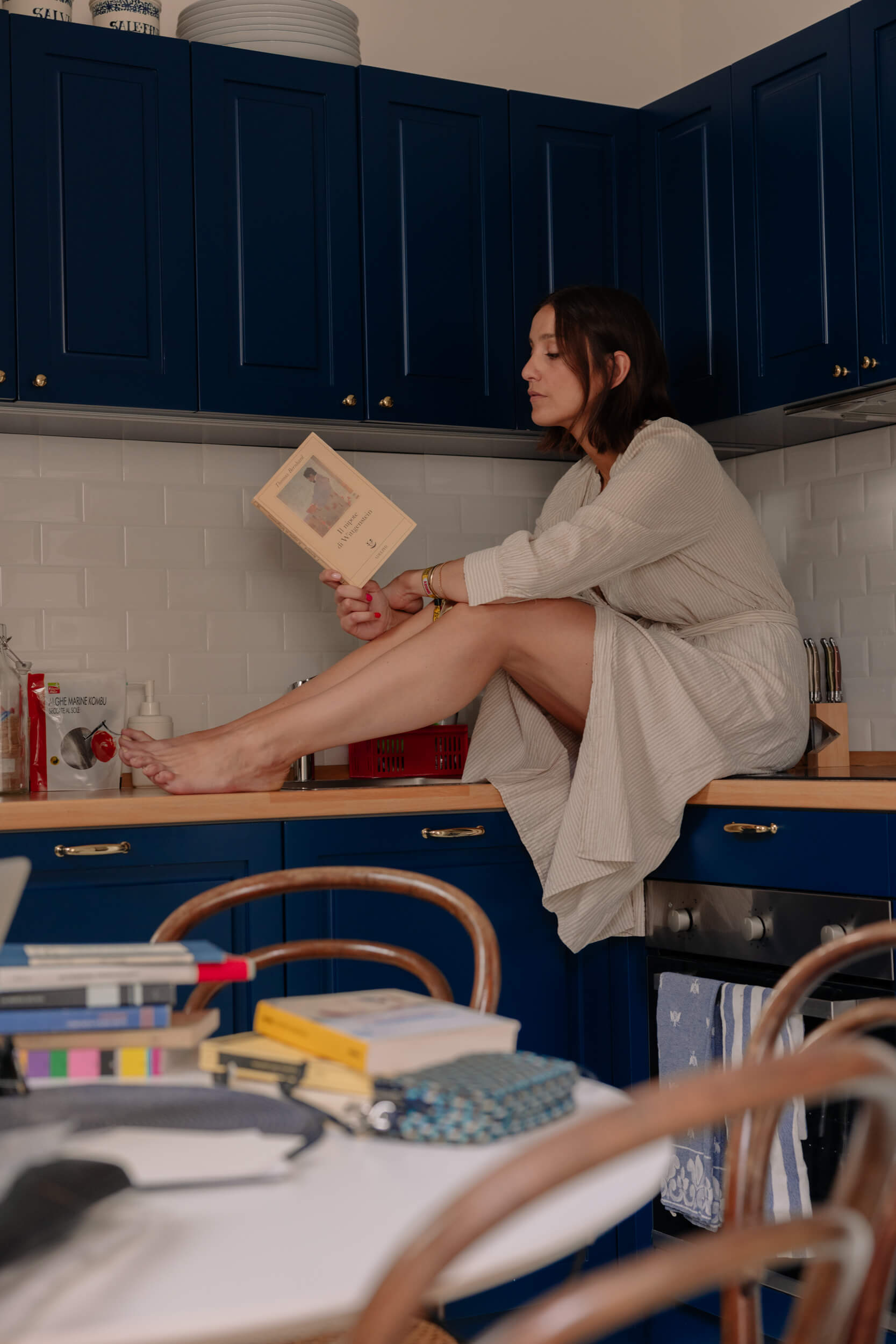

You follow multiple communication formats focused on reading, but have you ever thought about writing something of your own?
Yes, like all people who love reading, and anyone who denies it is lying, if you adore reading, your dream is to be able to write. Of course, if you read a lot and often come across beautiful things, the benchmark is very high, so it’s difficult for a person to consider themselves up to the task. When I was younger, I was drawn to this thing, and until middle school, I liked the idea of writing. I wrote stories, and if I were to re-read my essays now, I would even be surprised by my mastery of language, which perhaps remained stuck there. Then something went wrong [laughs]. Now, seeing others work, because I have many friends who do this job, who are writers, I realize that it takes a combination of talent and method which I don’t think I have at the moment, also considering the fact that I have a job that I’m passionate about and that takes up a lot of my time, which that method should require.
Which book or books would you use to describe yourself?
That’s a tough one! [laughs]
Certainly, “The Breath” by Bernhard, because I’m a grumbler and I feel somewhat connected to his way of describing and complaining, even though I’m a bit more cheerful than his character. But also because he is an author I’m obsessed with, I greatly admire him. Then, ” Sweet Days of Discipline” by Fleur Jaeggy, because I would like to write exactly like that. In fact, I always find pieces of myself in characters that seem to have nothing to do with me, for example, Jane Eyre. She’s been with me my whole life, also because I was a “gerontophile” for a long time [laughs]. Just kidding, actually because Jane Eyre is the girl I always want to remember I should be like, like when you tell a psychologist something that bothers you and they say, “Yes, okay, but what do you want?” and Jane reminds me of what I want, she is my warning, and I hope she will describe me more and more.
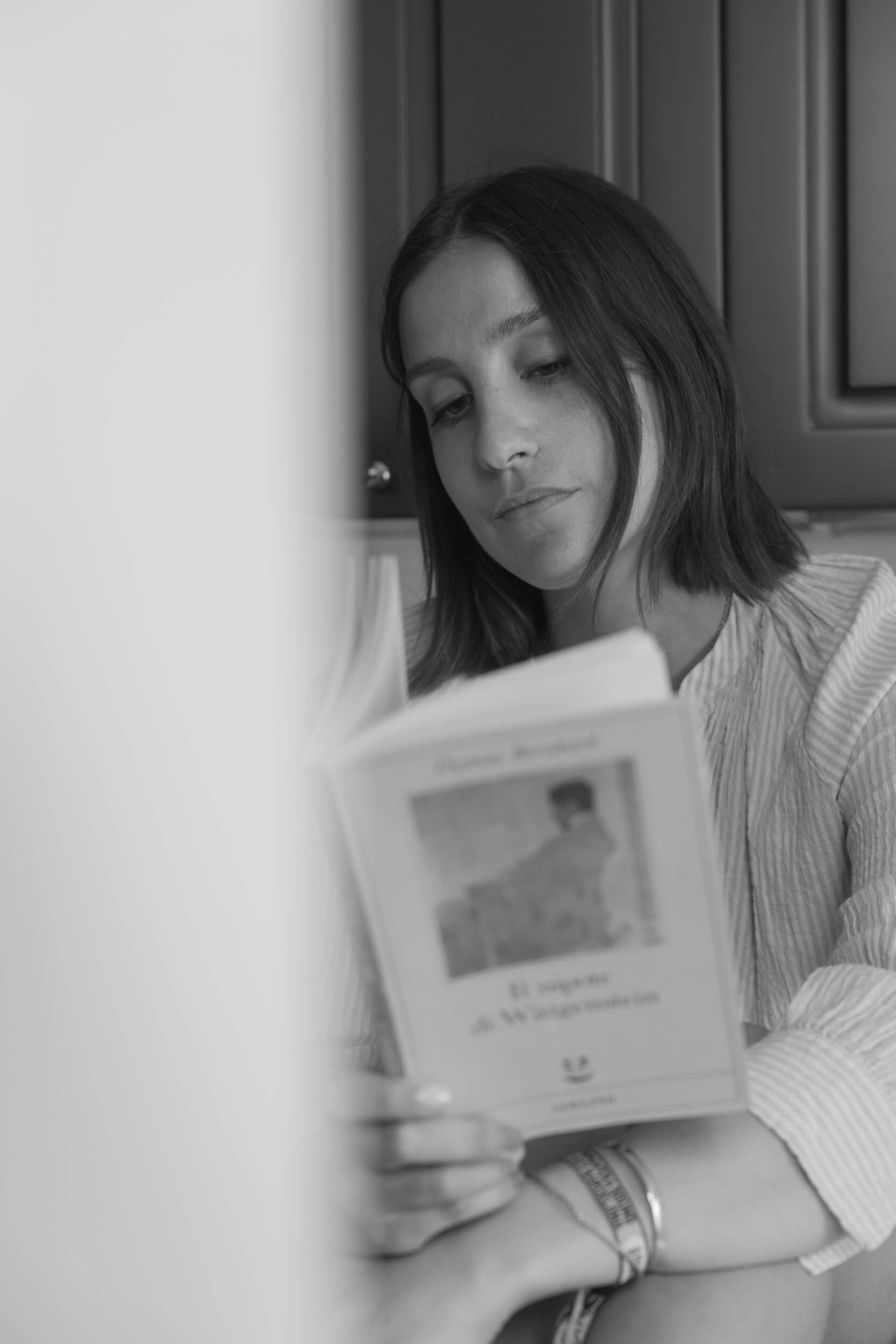
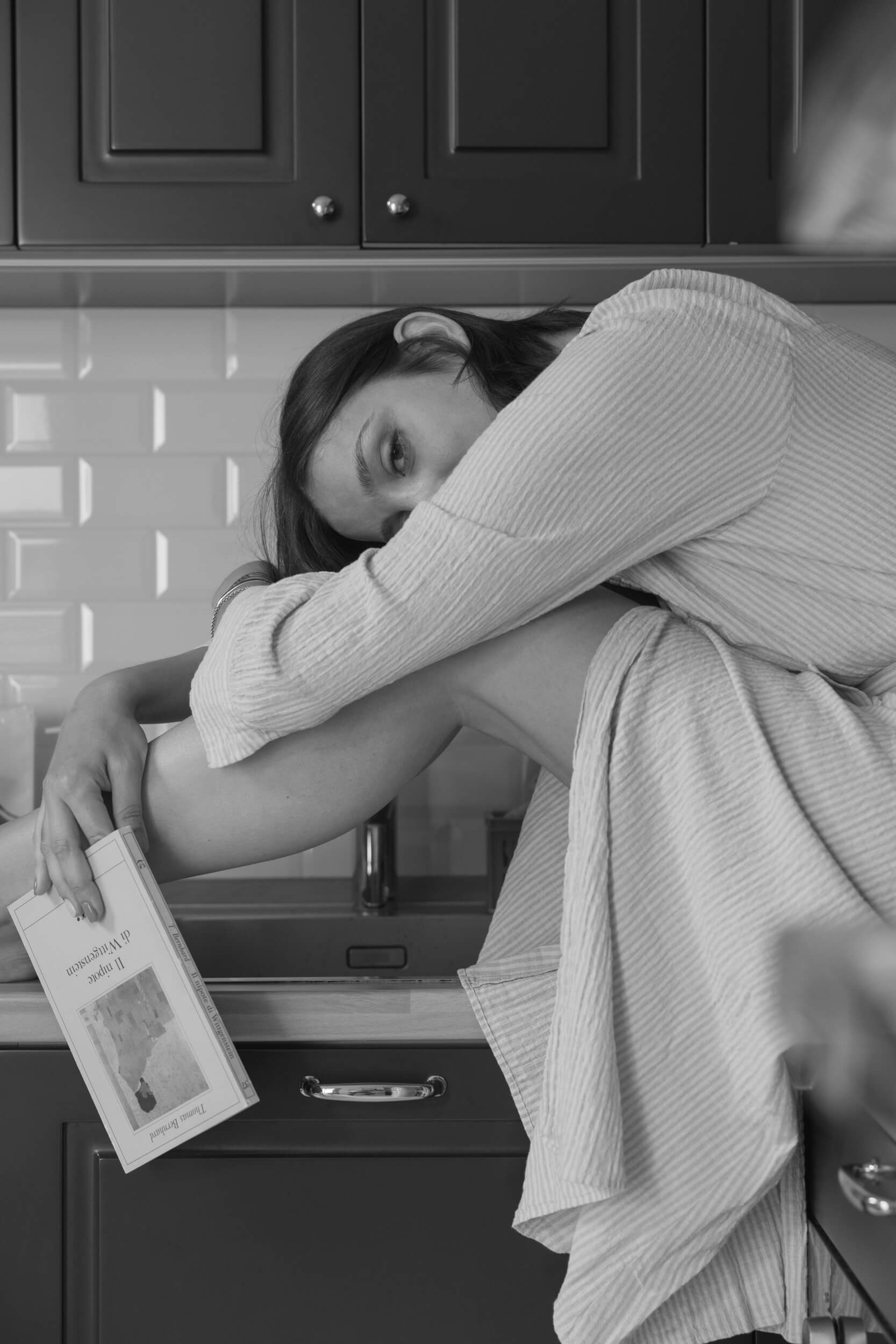
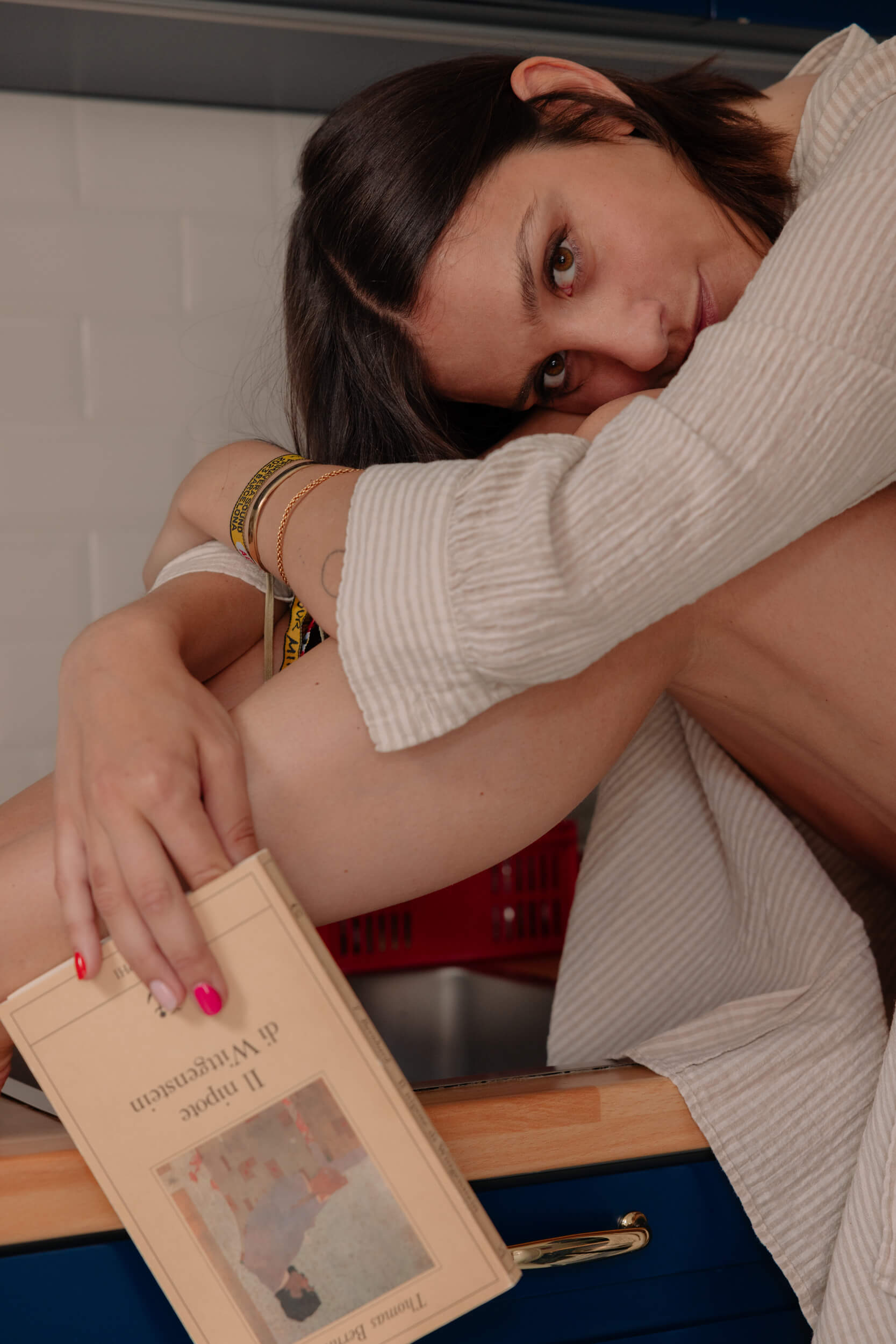
“Jane Eyre is the girl I always want to remember I should be like”
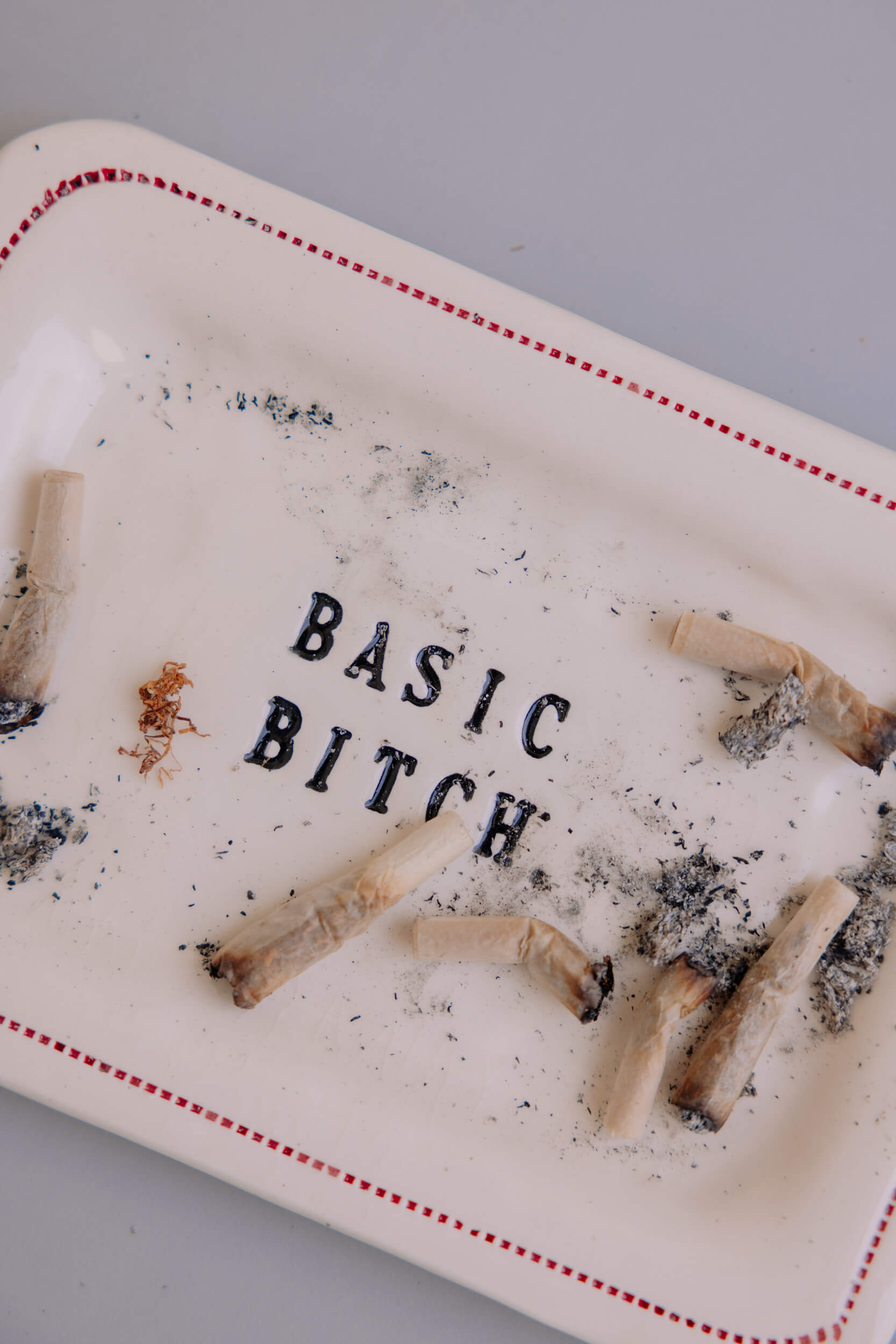
The book or books on your bedside table right now.
There are quite a few: “Small Lives” by Michon, which was recommended and gifted to me by two special people; “Lost in Translation” by Ottavio Fatica, a global idol, a wonderful person, also because I’m obsessed with the concept of translation work. Then, I want to read “L’animale che mi porto dentro” by Francesco Piccolo, it has always intrigued me.
Which book would you like to read for the first time again?
“The Count of Monte Cristo,” I envy those who haven’t read it yet.
Is there a book that you always promise yourself to read but never start?
Since I’m a basic reading bitch [laughs], for years, I’ve wanted to properly read the entire “In Search of Lost Time.” Unfortunately, I’m only on the third book. I wanted to finish the series by 2023, but if the year looks like this, I don’t know if I’ll make it.
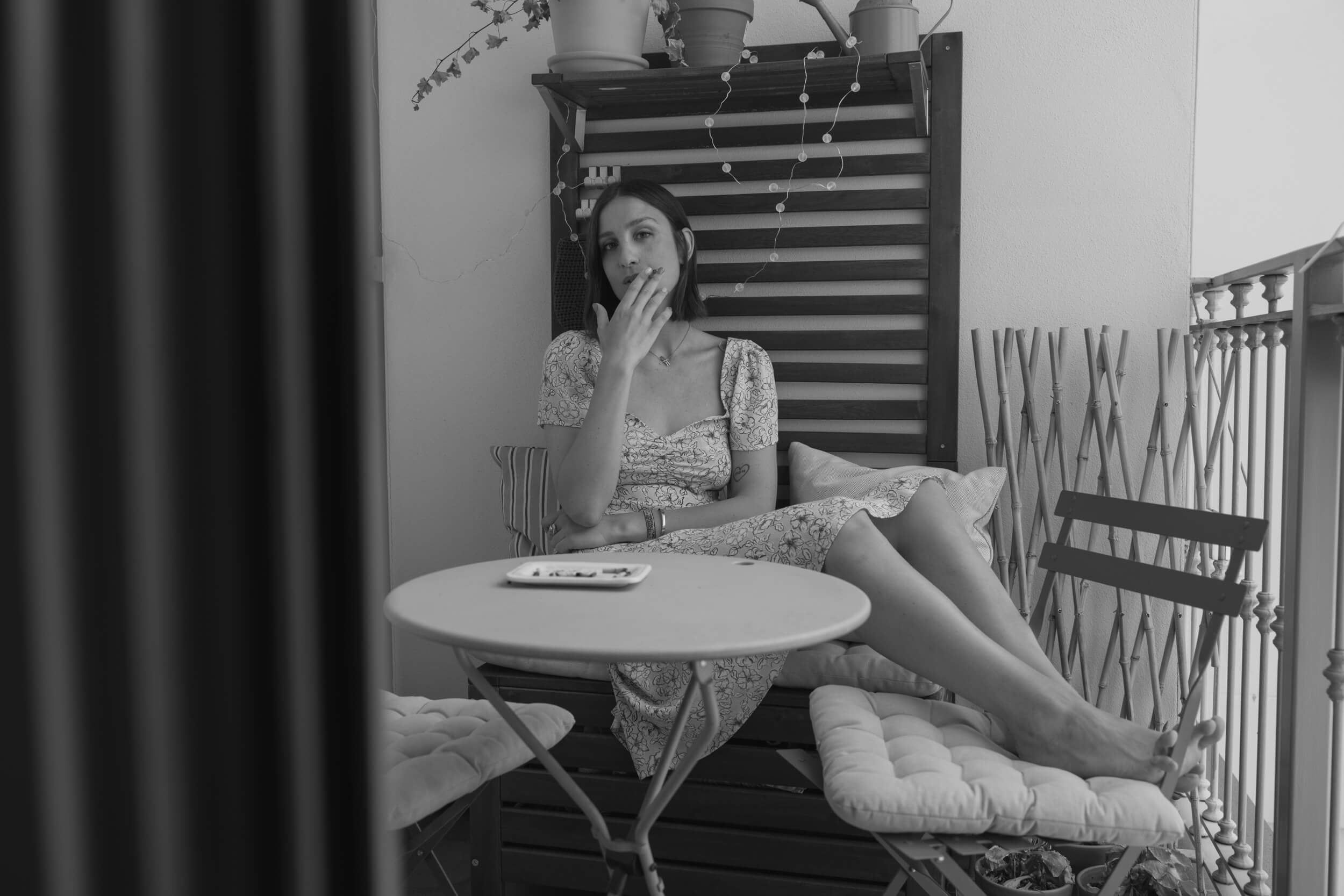
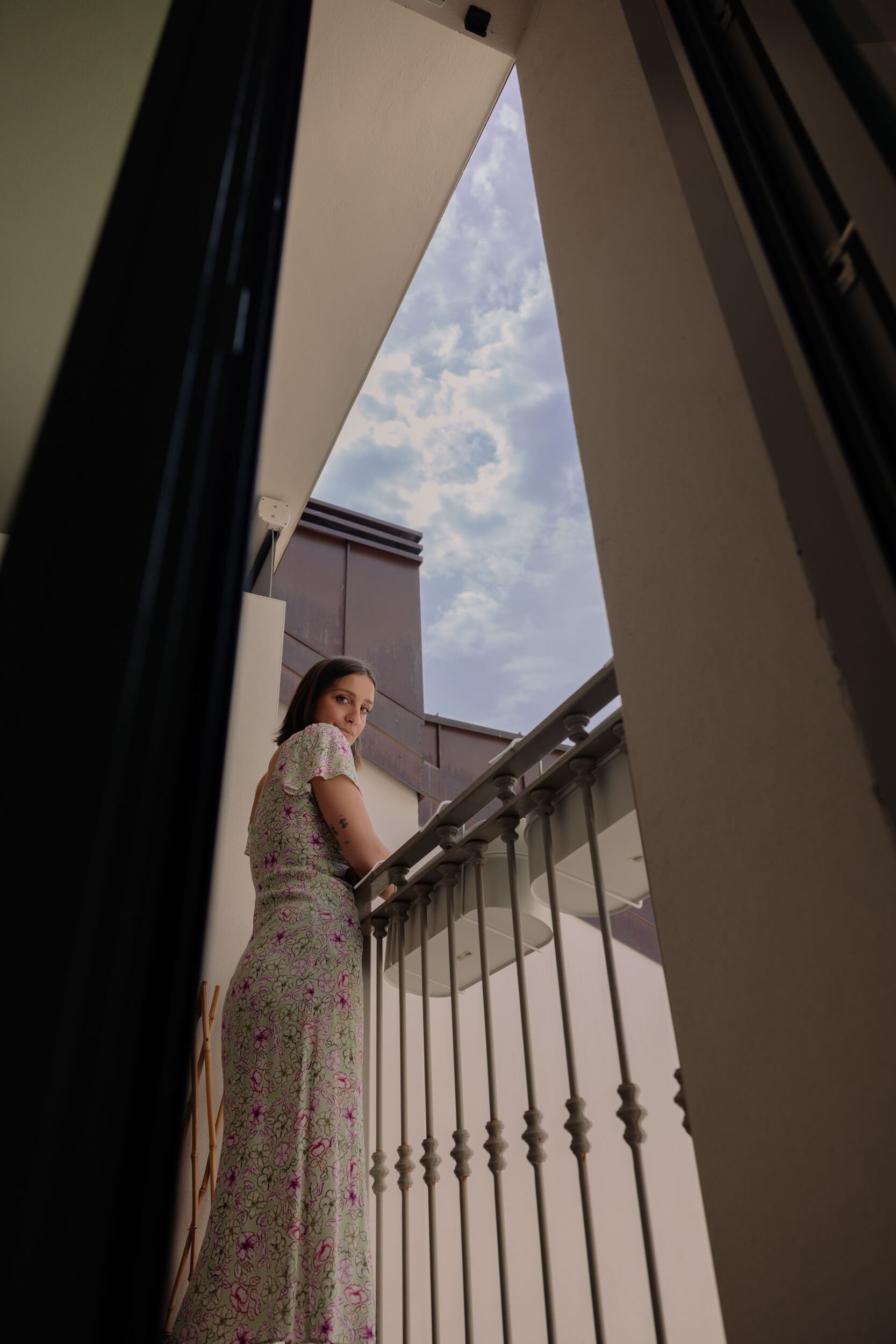
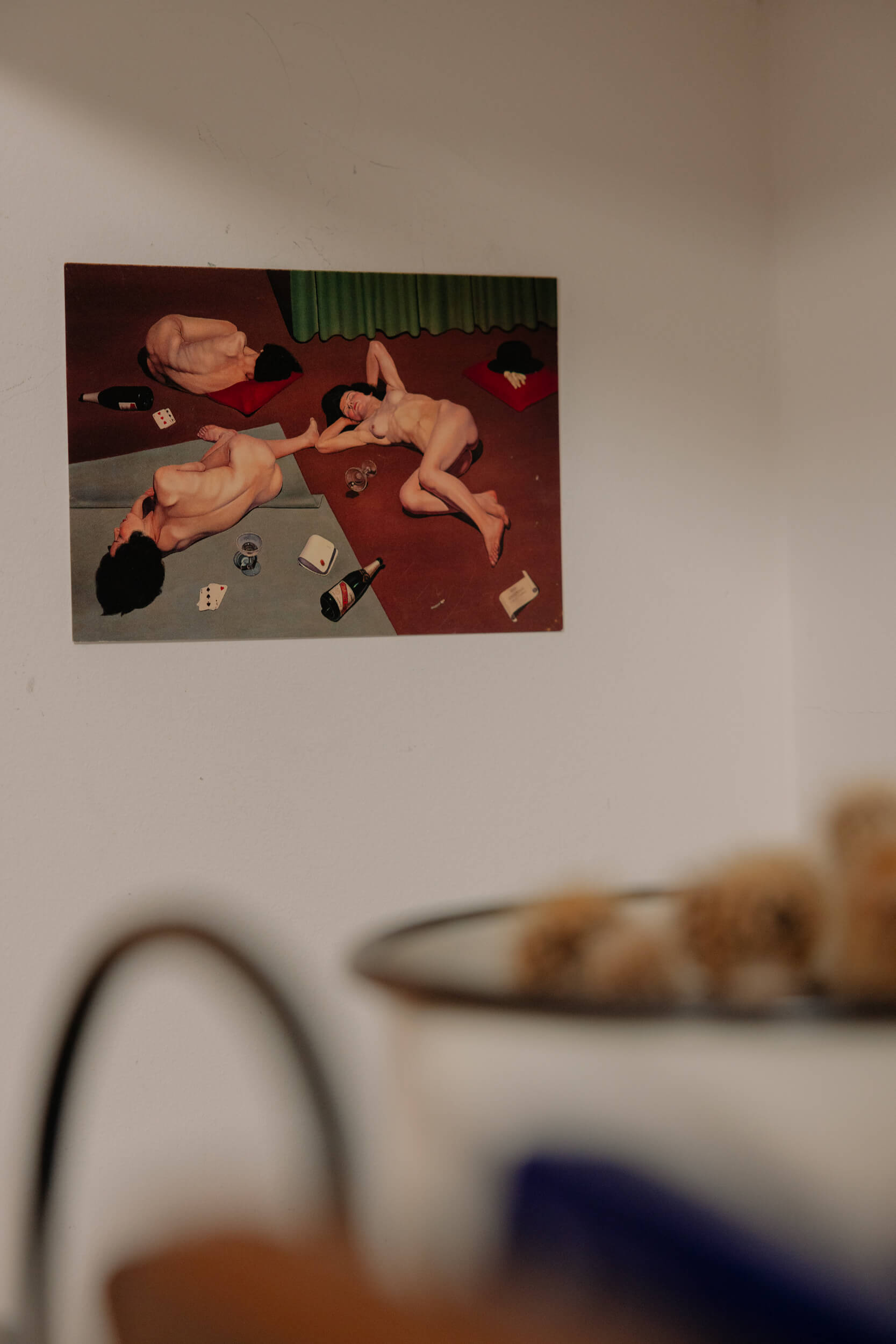
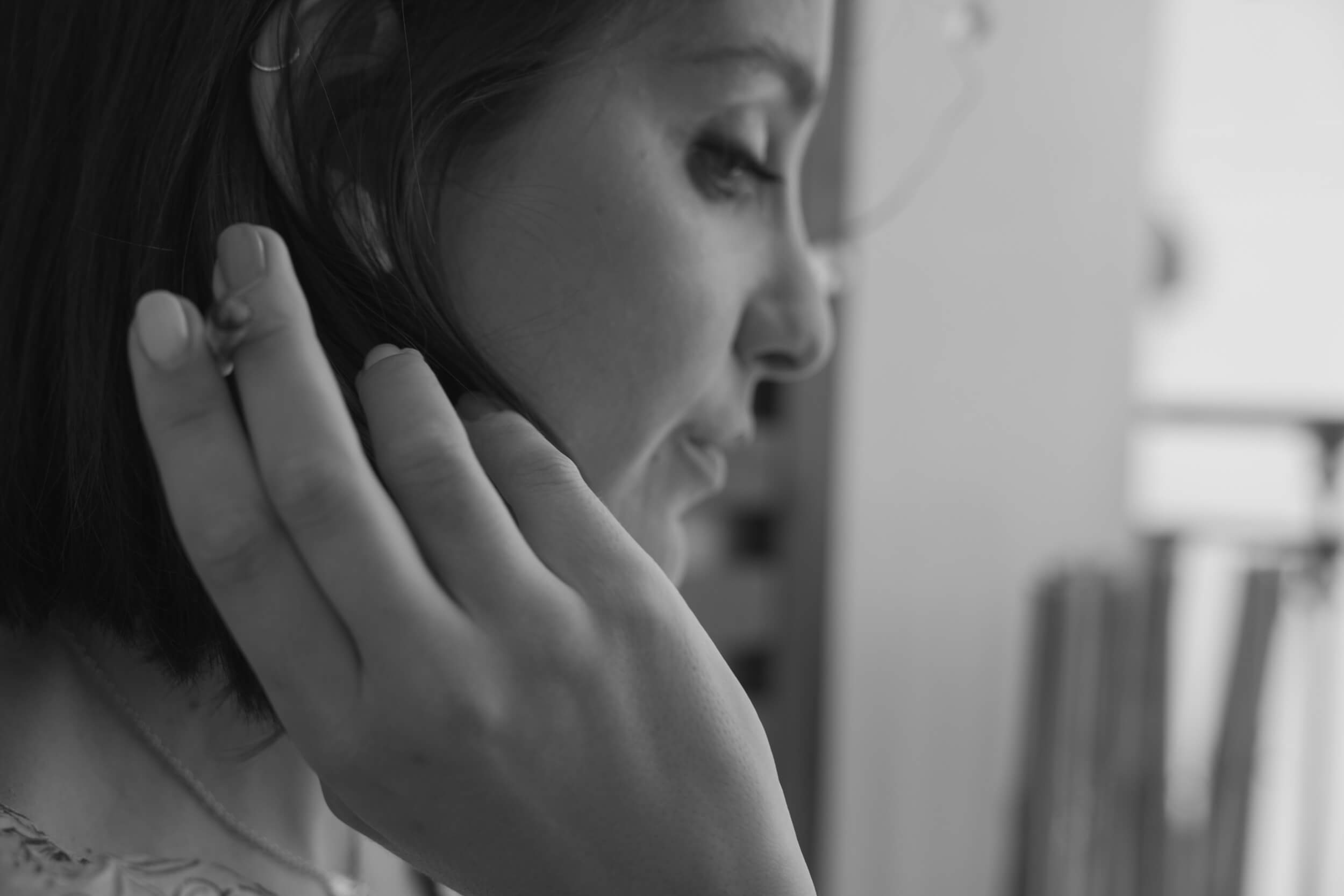
What does feeling comfortable in your own skin mean to you?
Not having thoughts and second thoughts. When I manage to do things without thinking too much about them, that’s the final sign that I’m happy and confident and don’t have any hang-ups.
What is your happy place?
My happy place is Bar Jamaica in Milan. It’s my place, where you go without making plans with anyone, where you go even if you’ve had the worst possible day, have a glass of wine, laugh with the friends that you randomly find there because it’s all random, you didn’t have to tell them to join you, and then you go back home feeling happy.
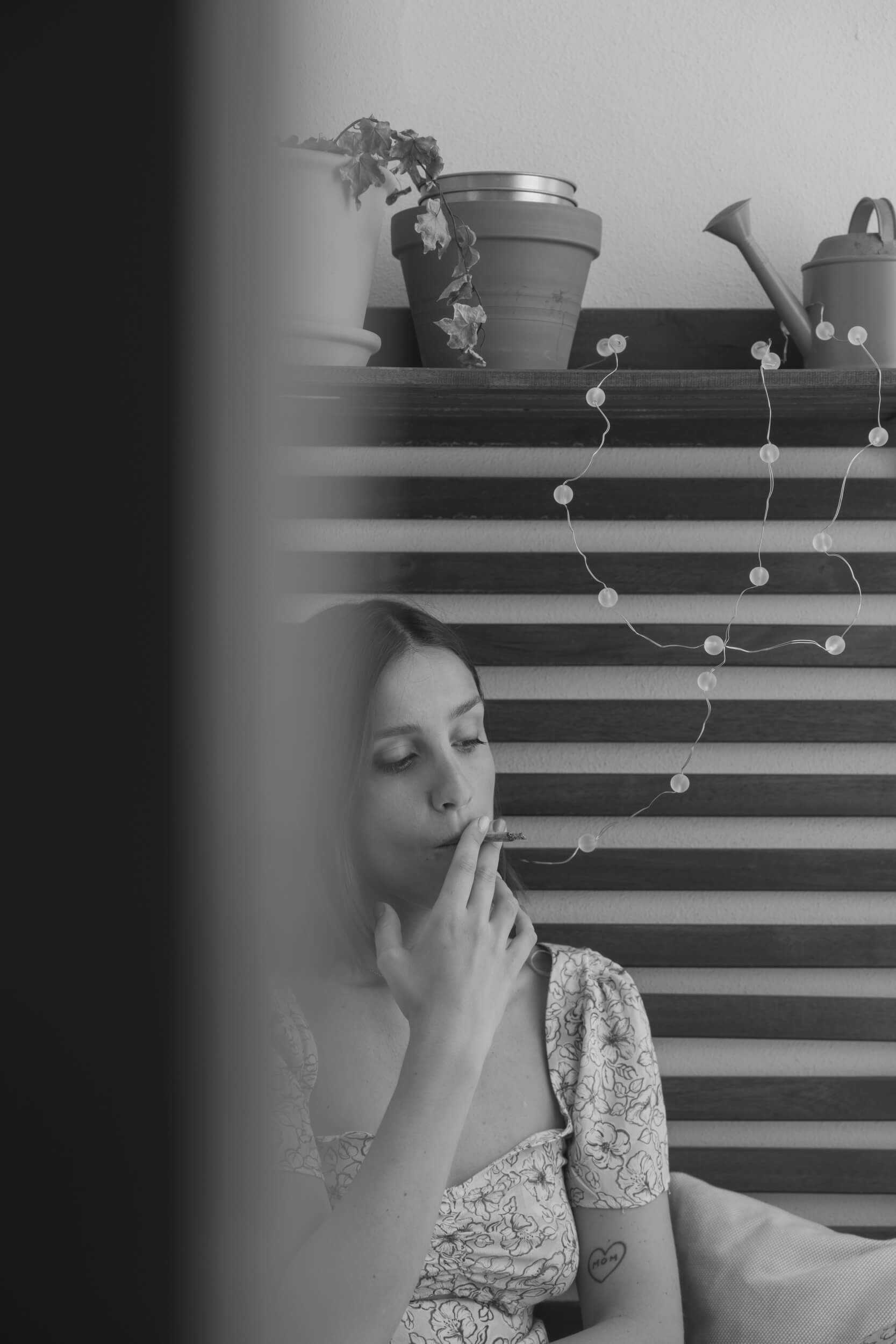
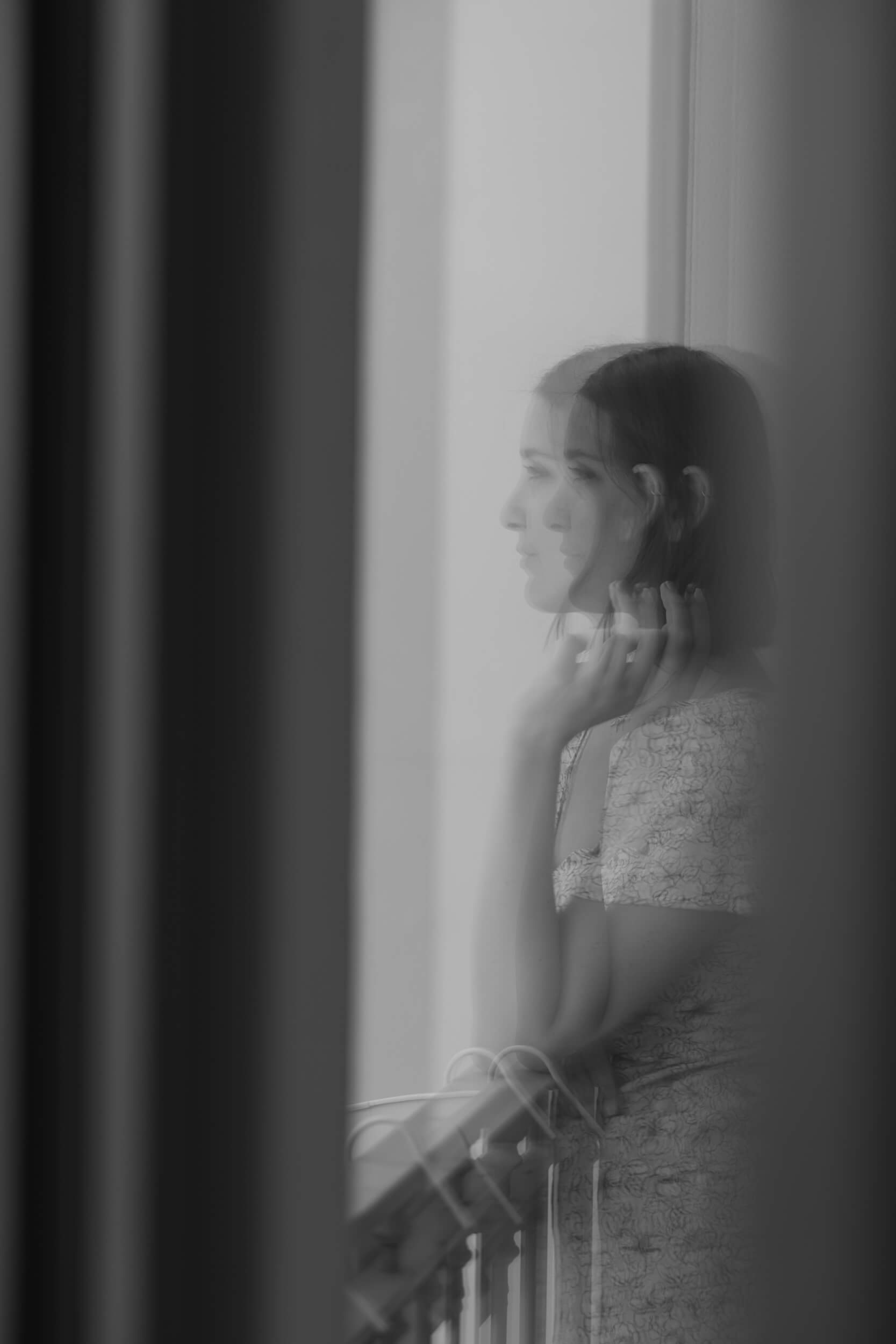
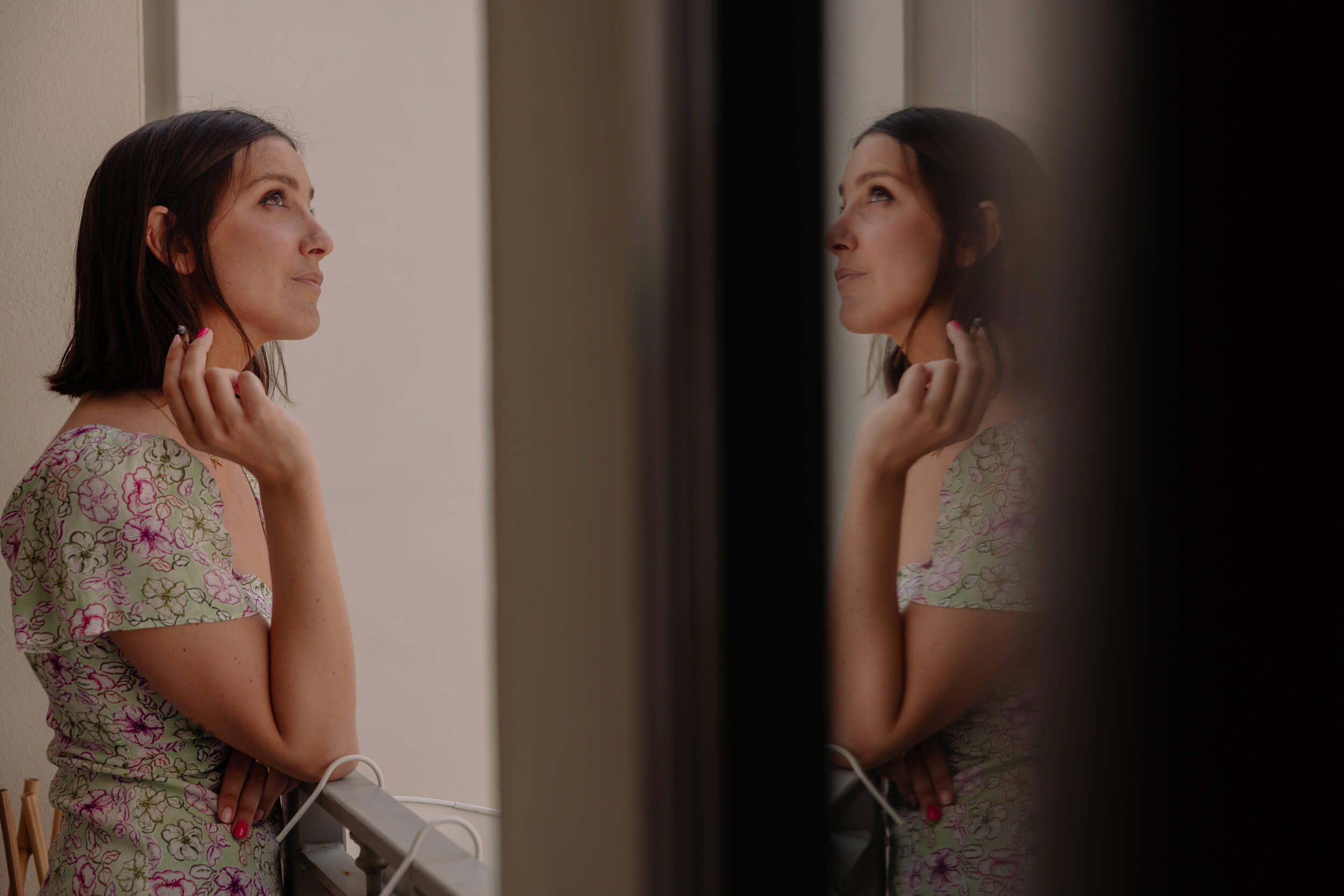
Photos by Johnny Carrano
Follow Carlotta Sanzogni

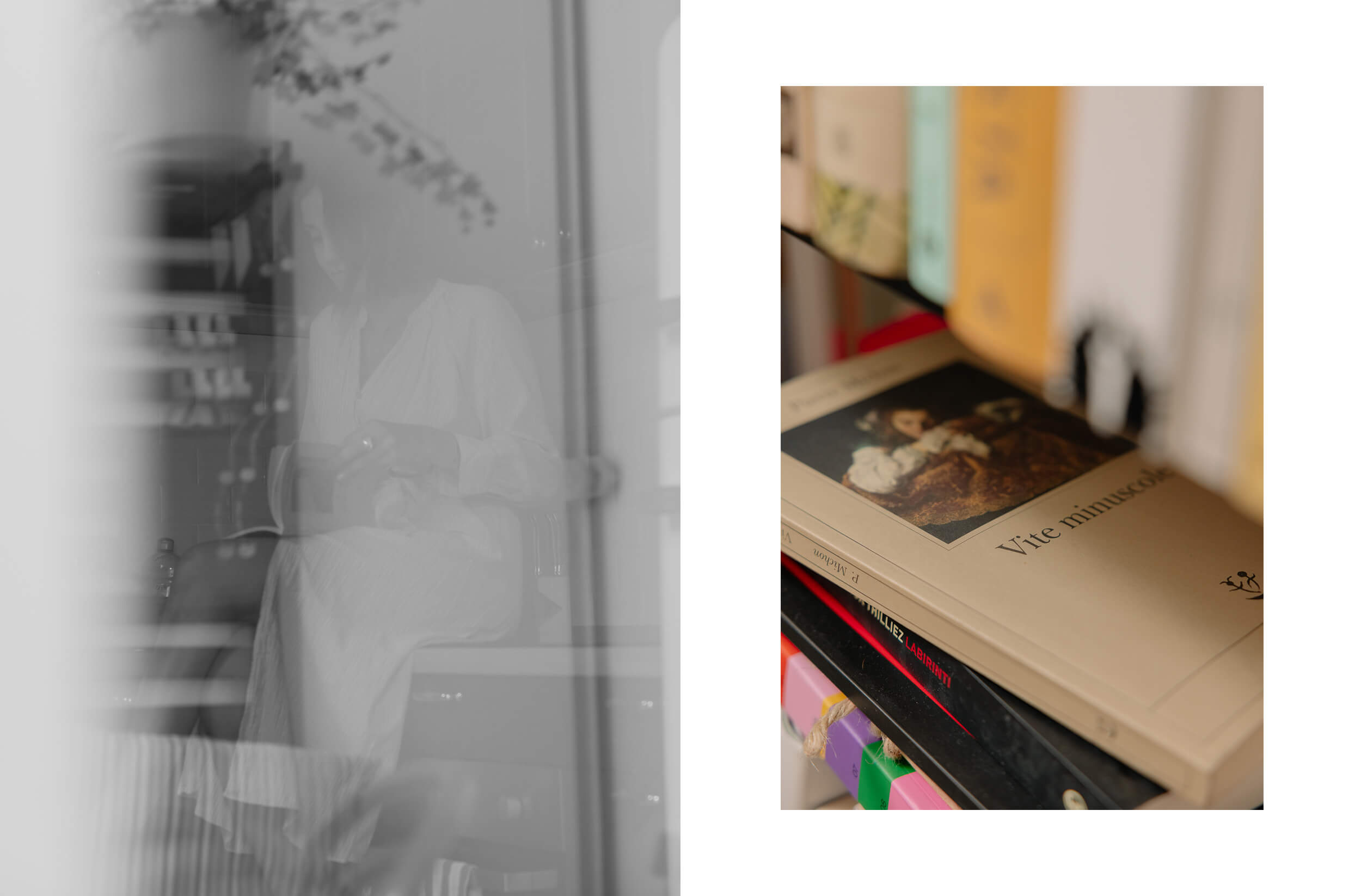
![Interview with Dr. George Gaitanos [Chief Operating and Scientific Officer of Chenot]: Giving meaning to time](https://www.theitalianreve.com/wp-content/uploads/2025/04/LAlbereta-dalla-Vigna-Leone-300x200.jpg)

